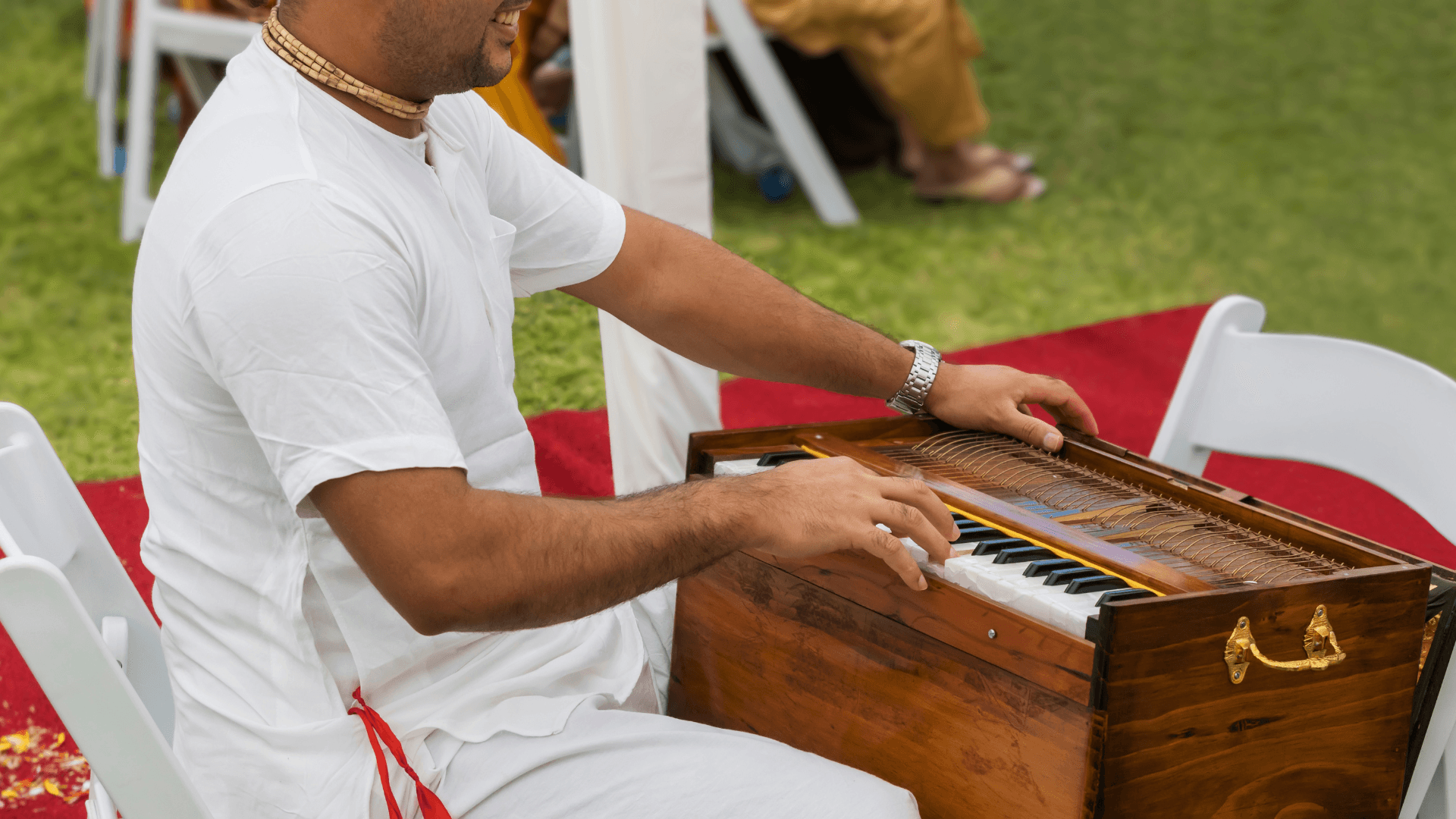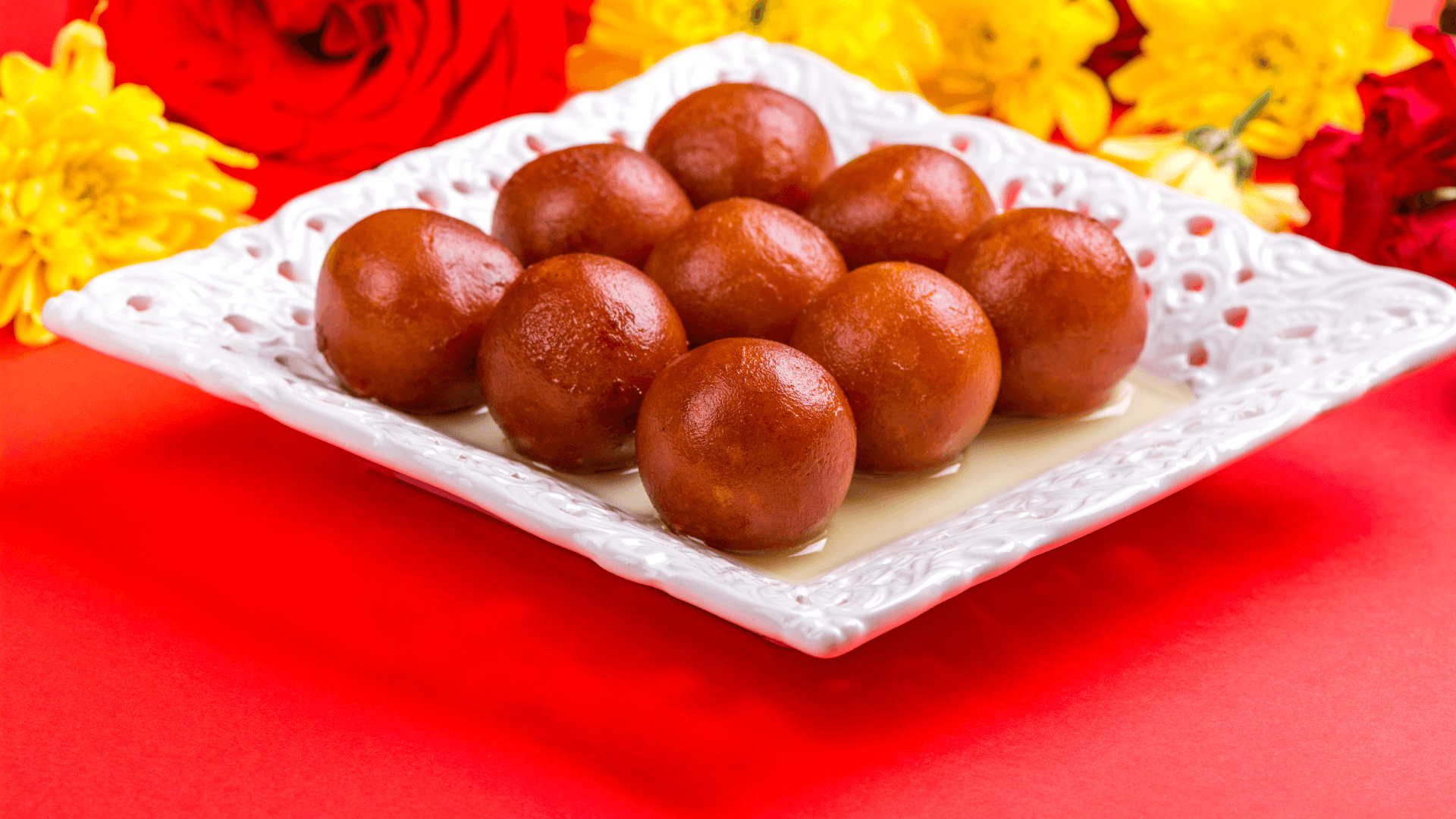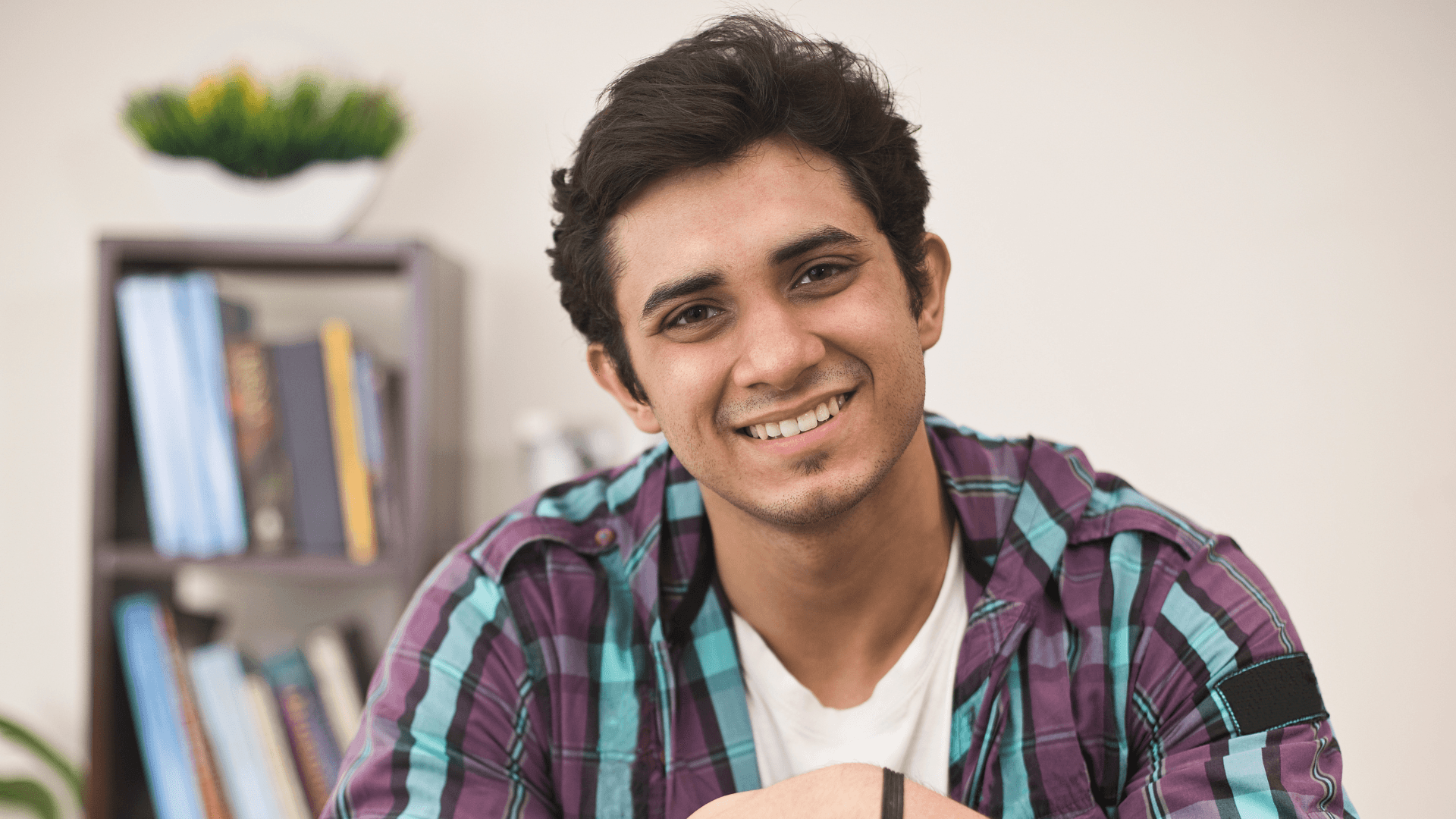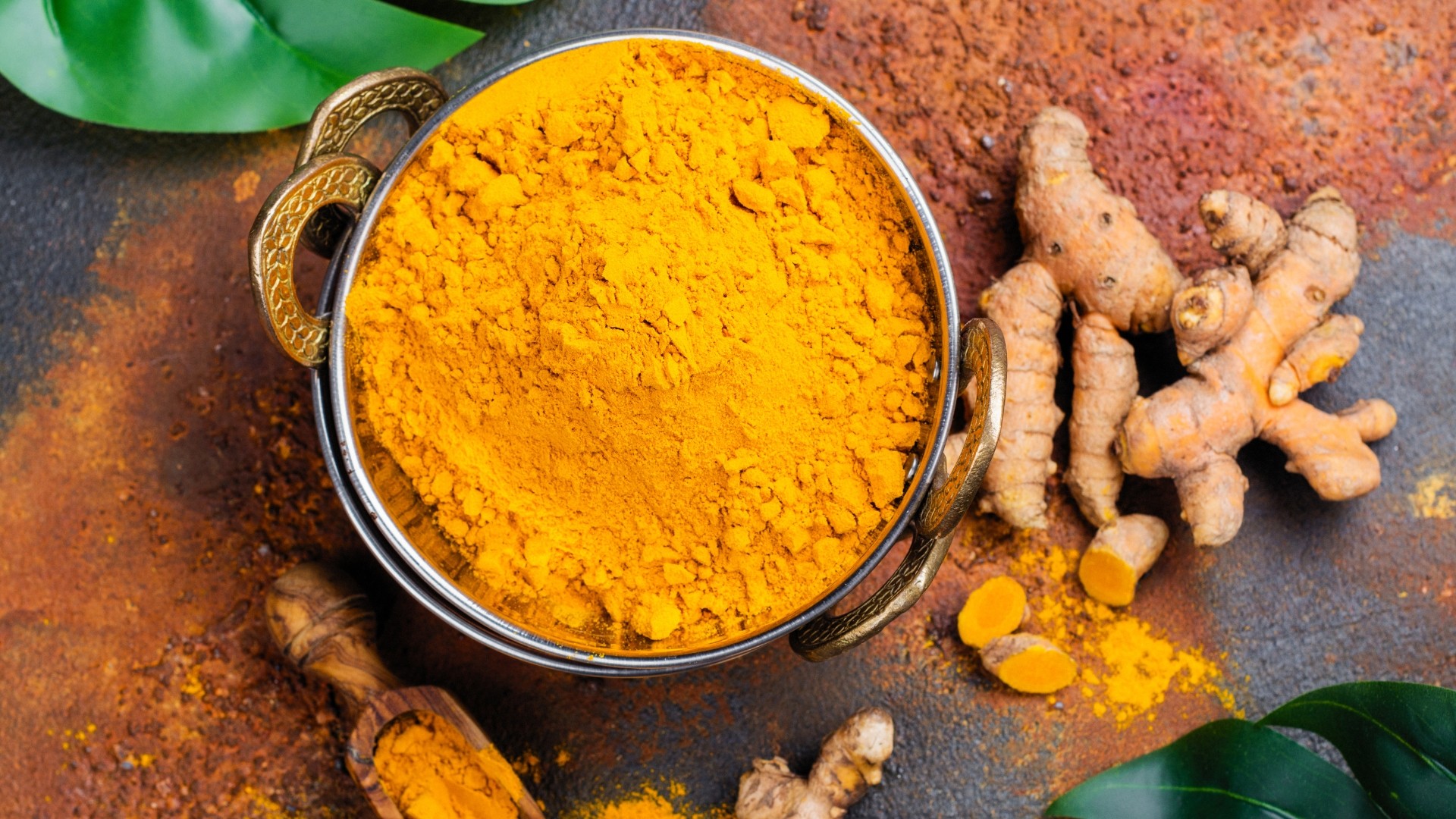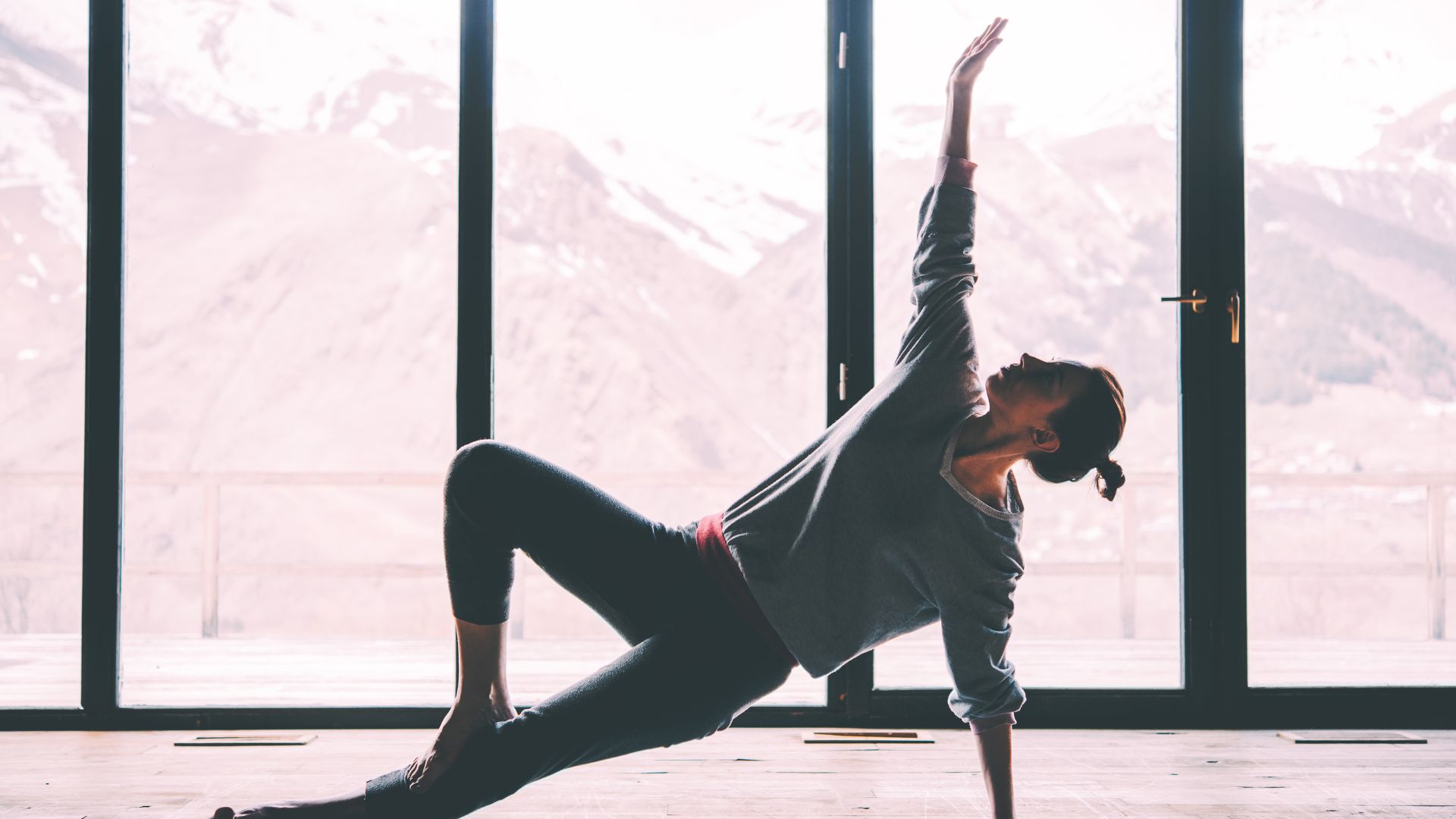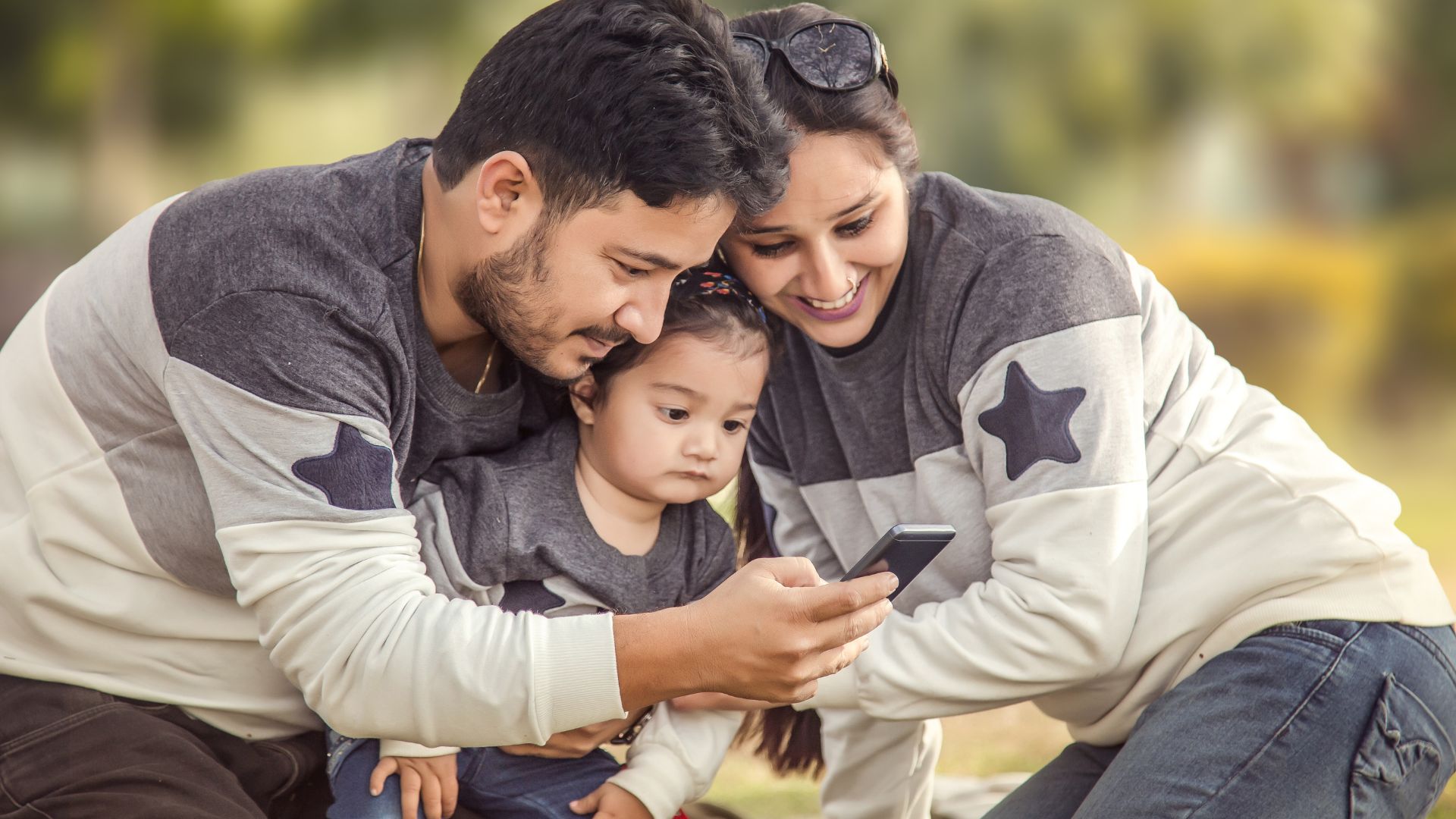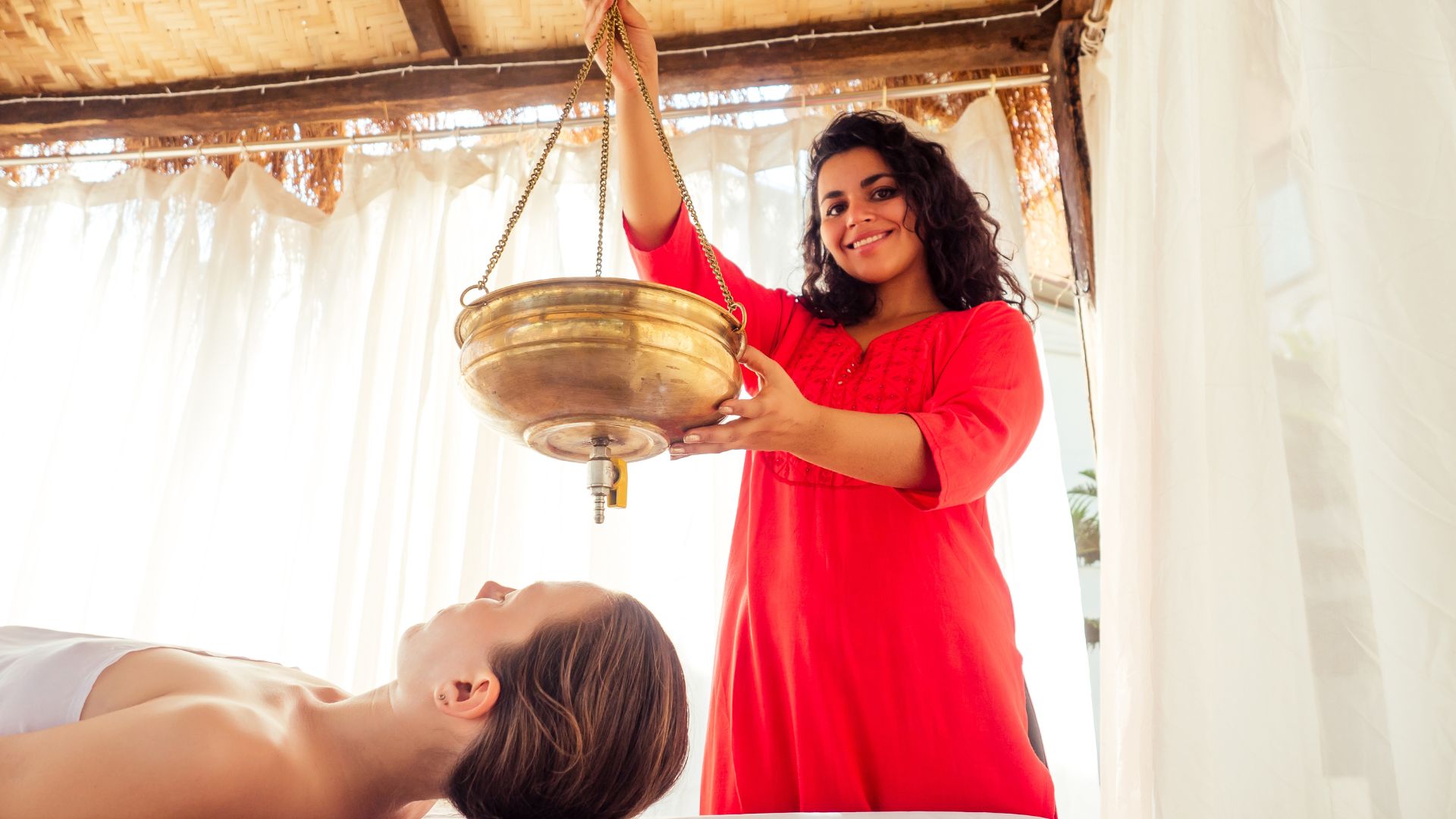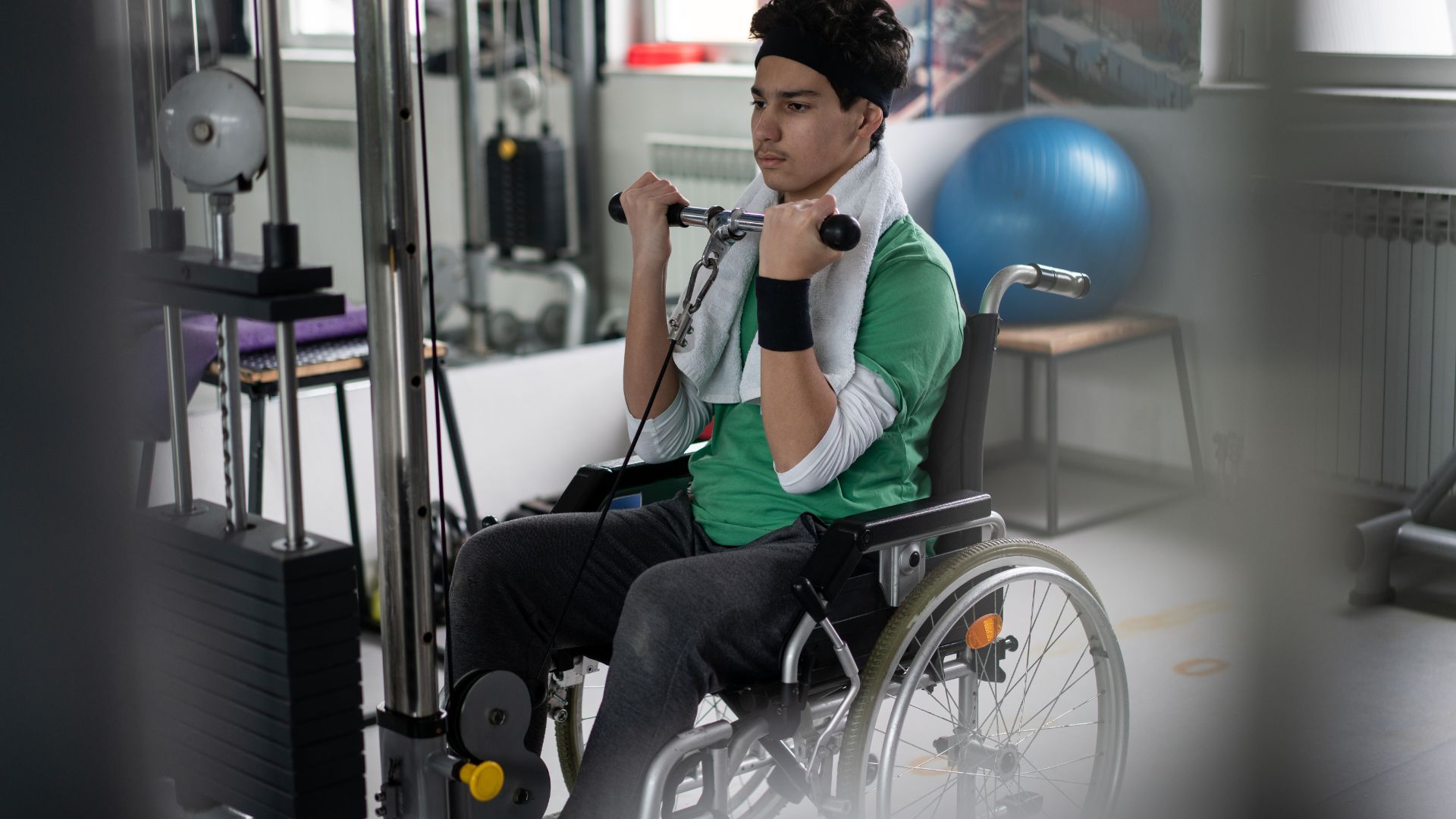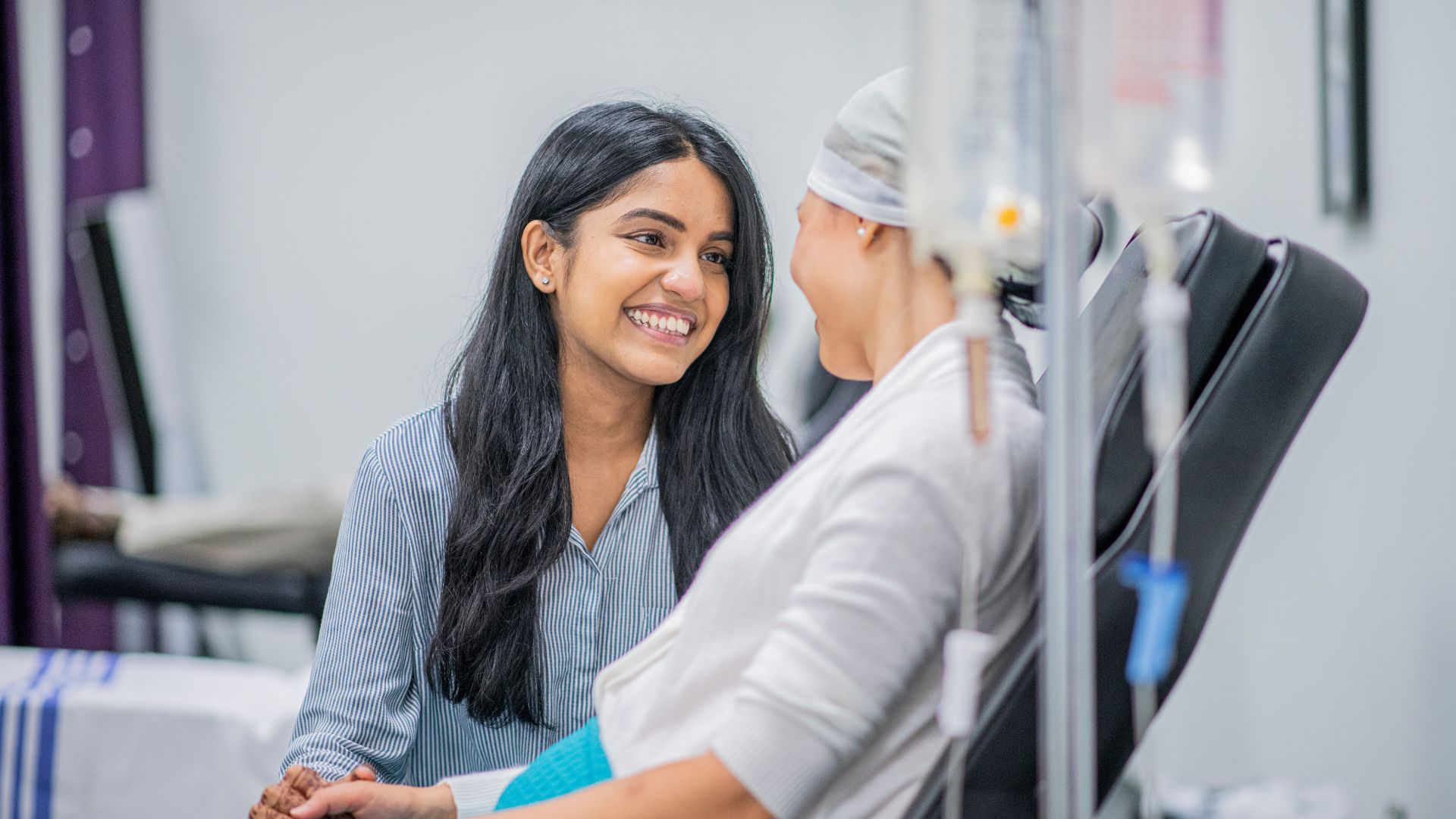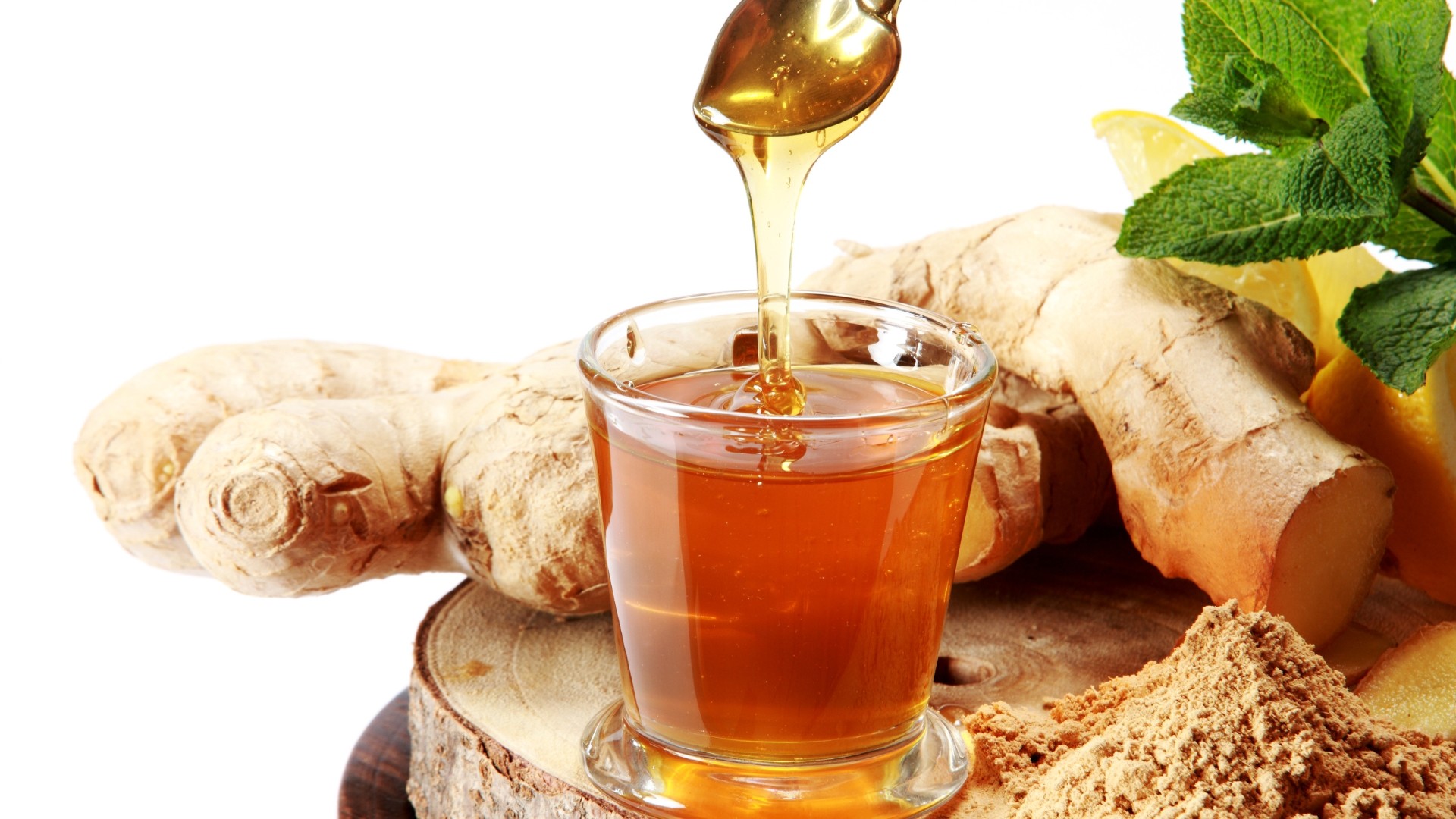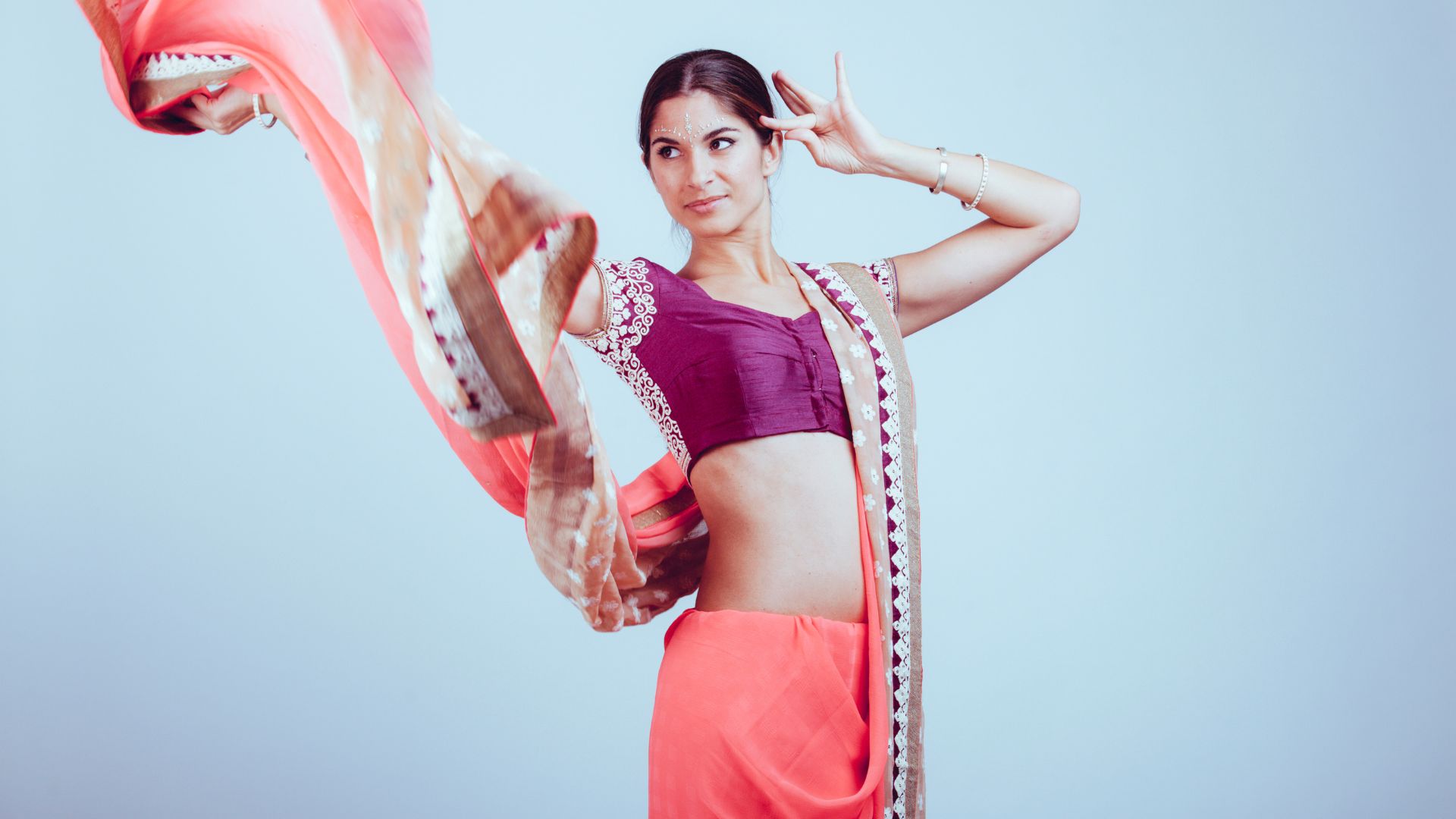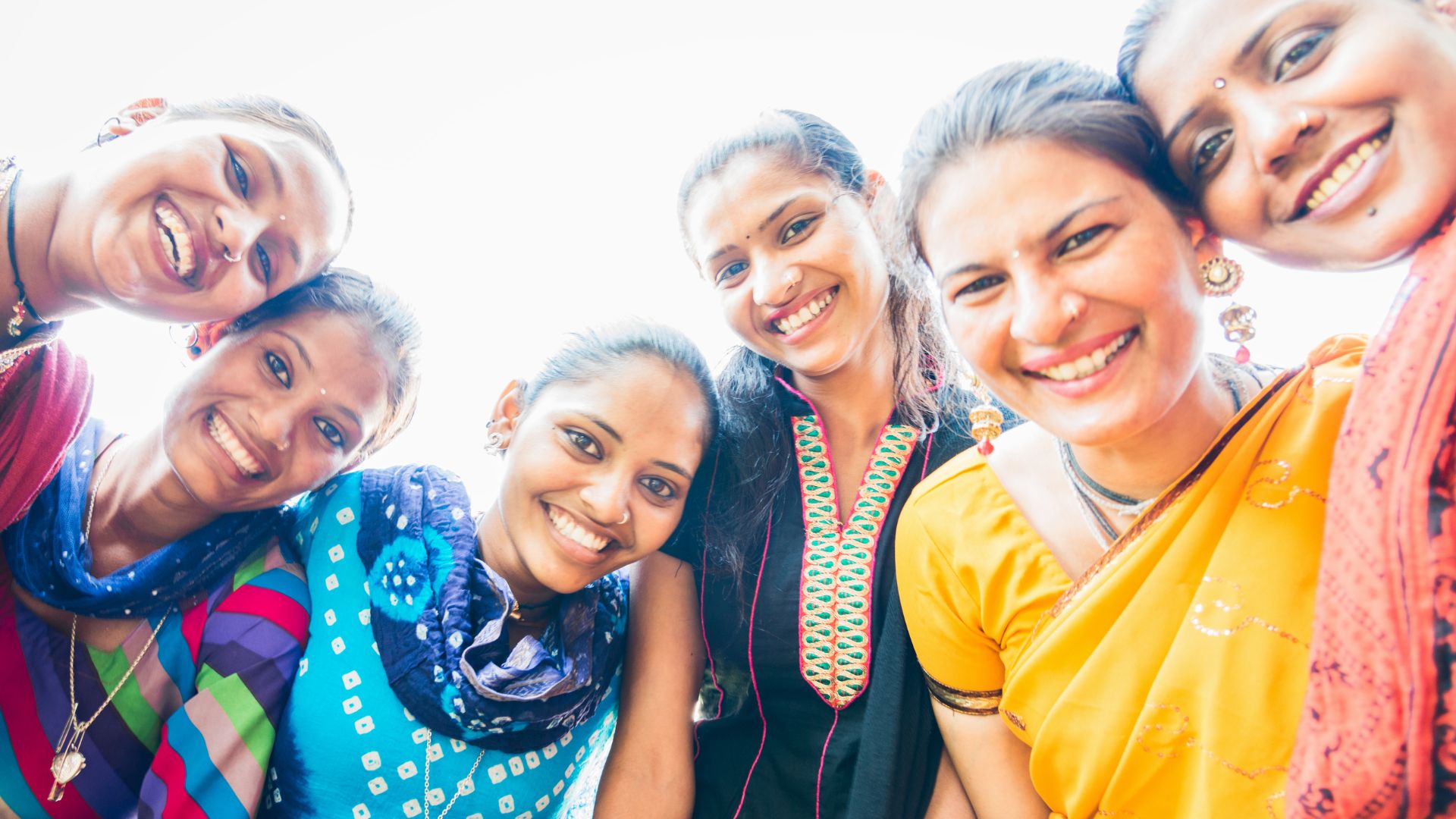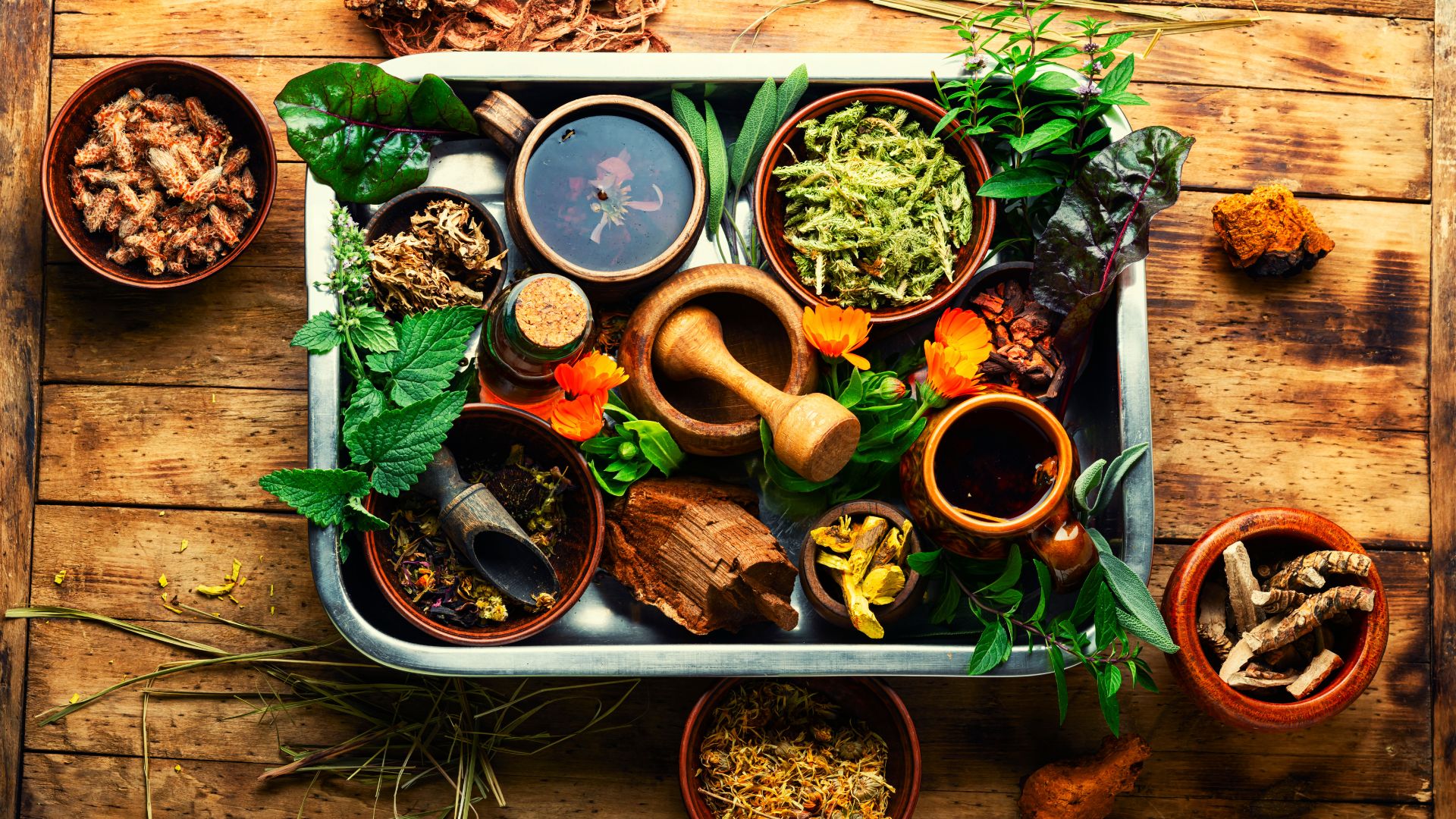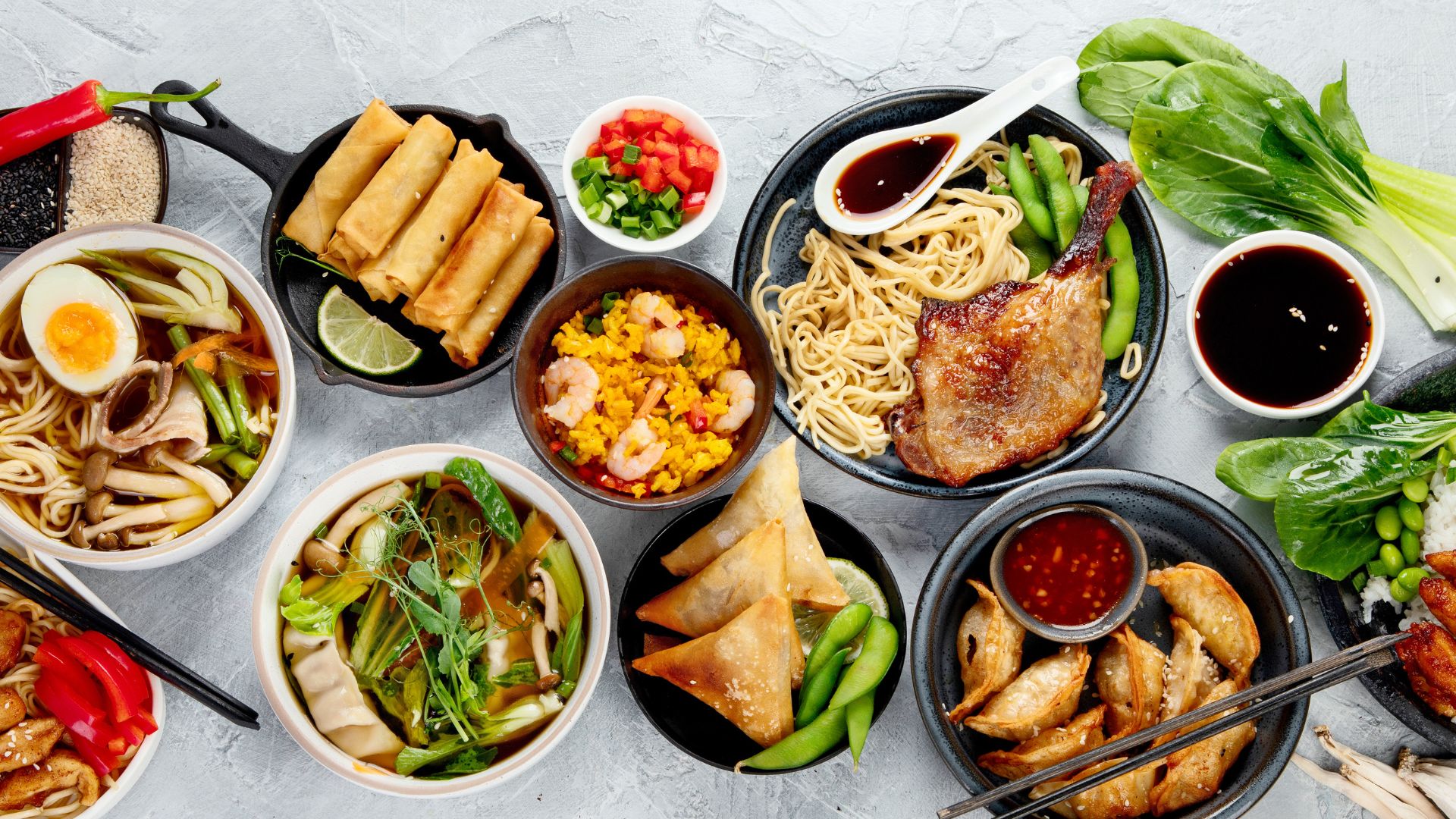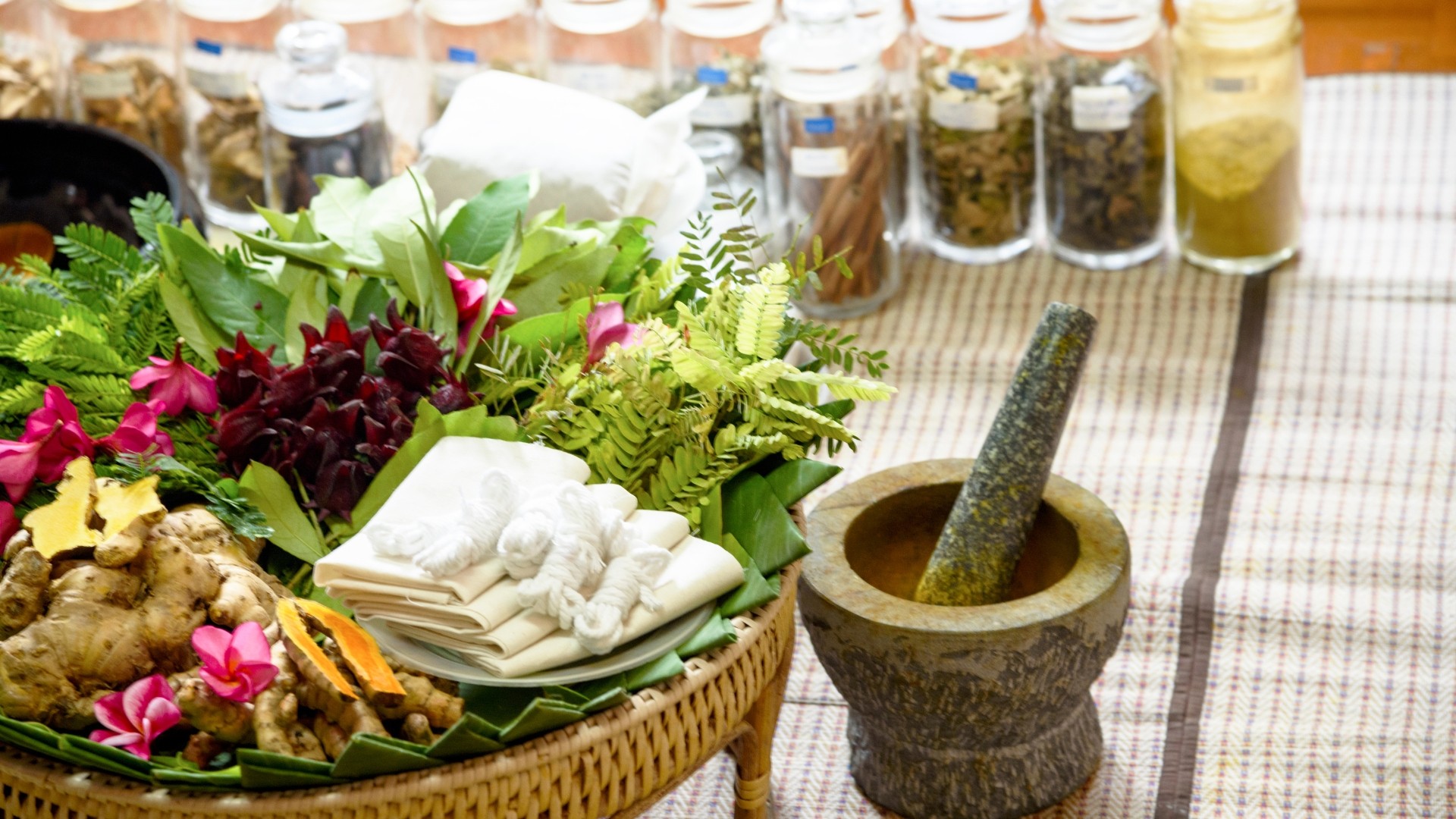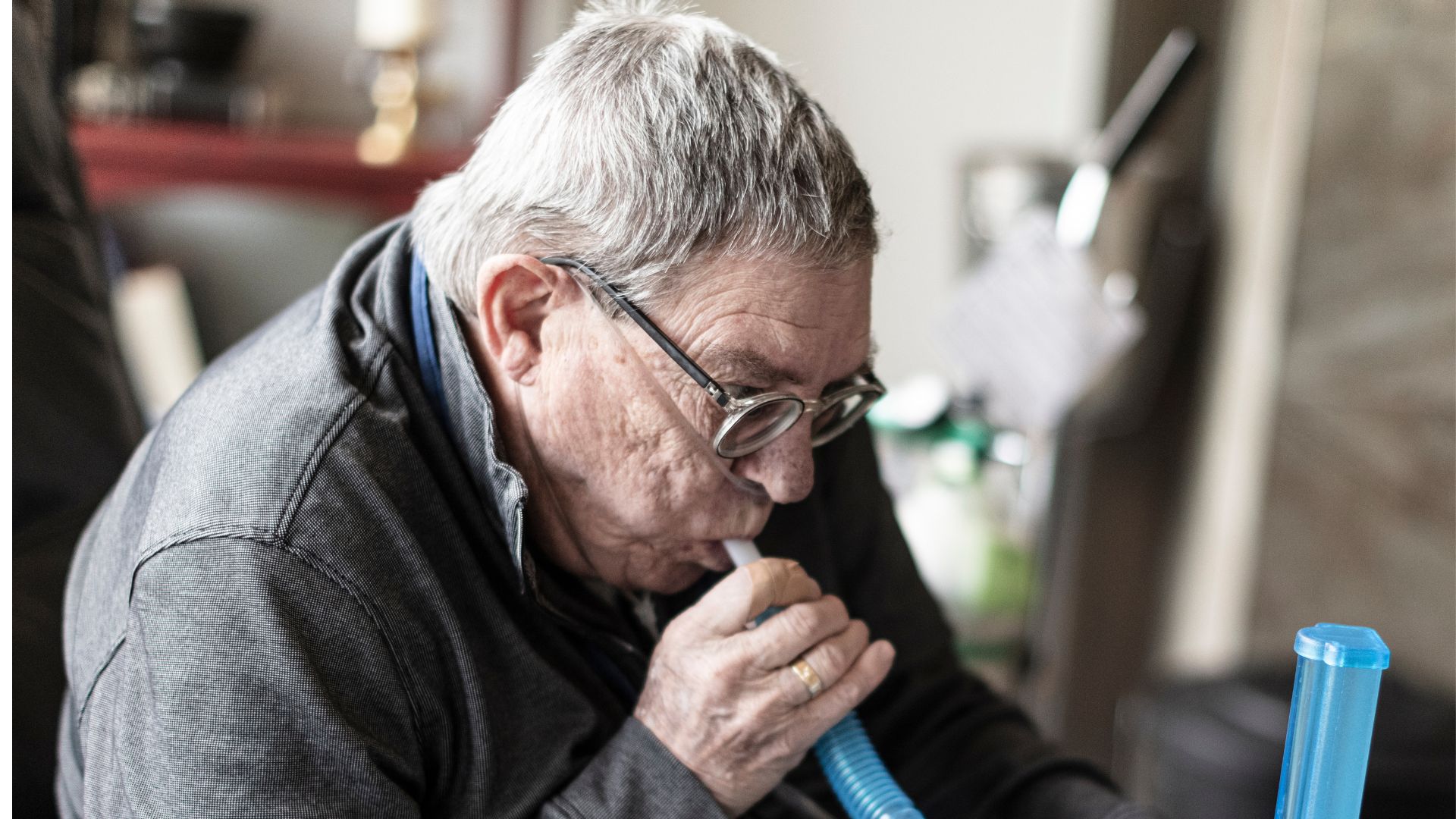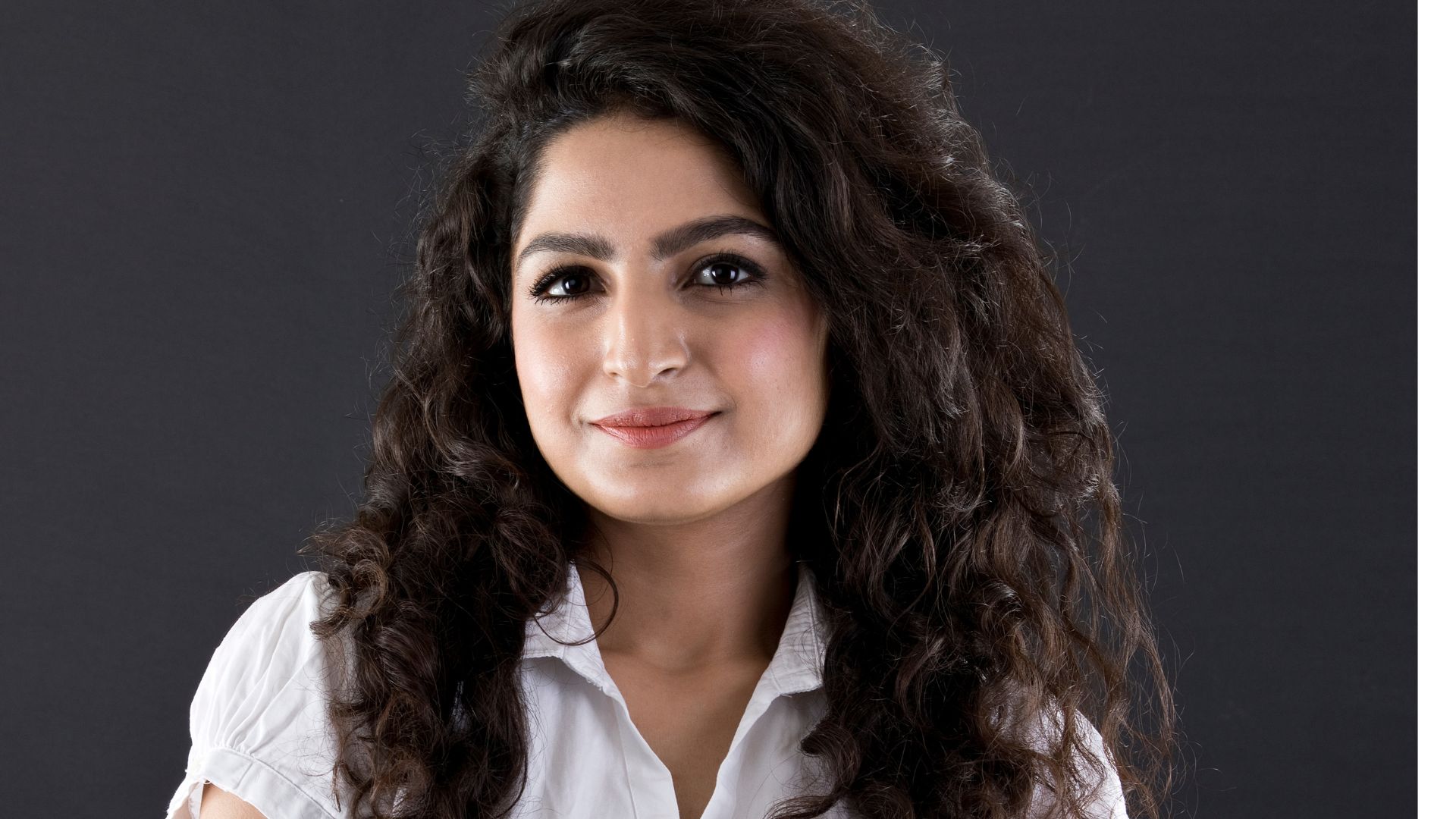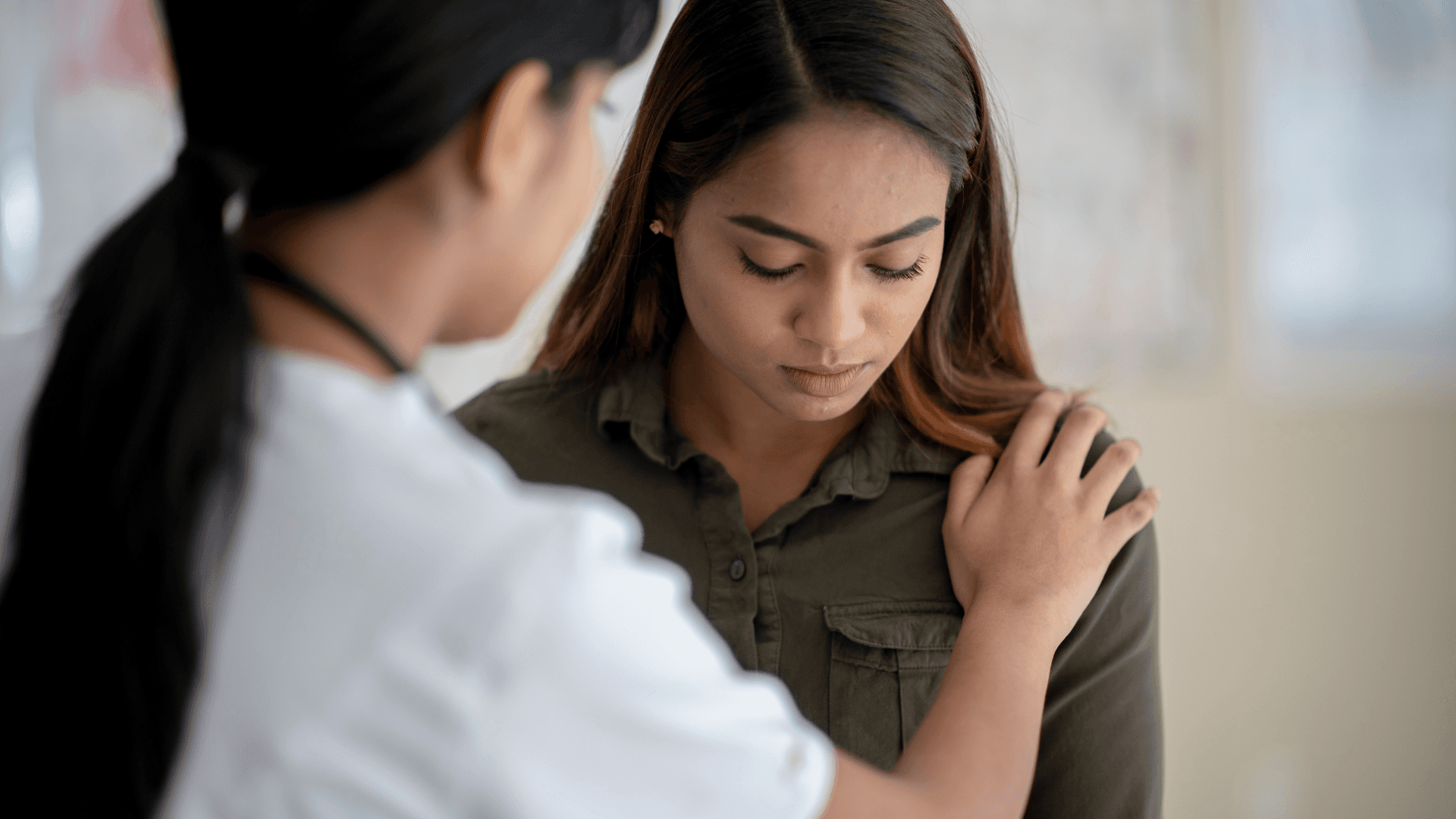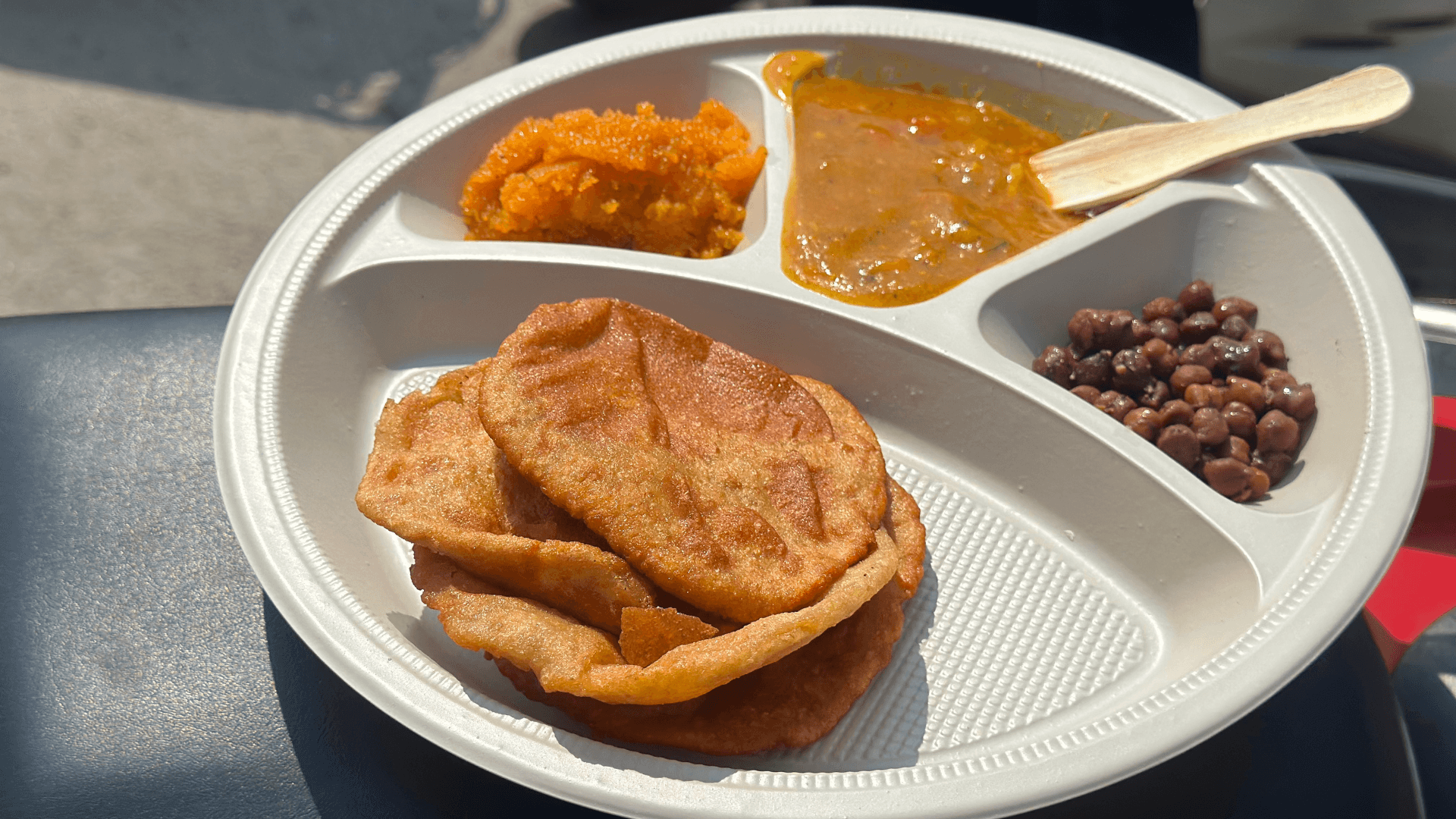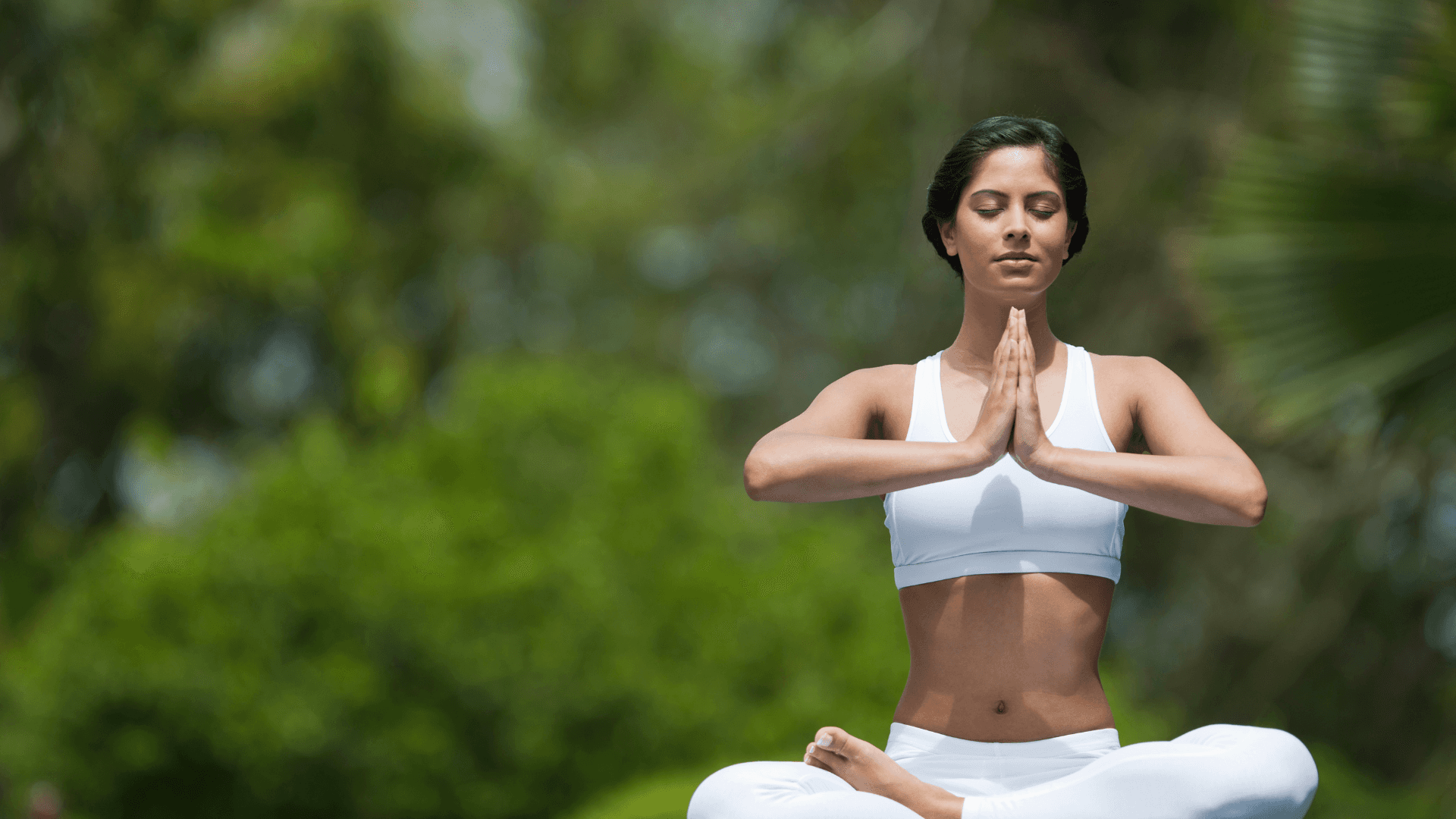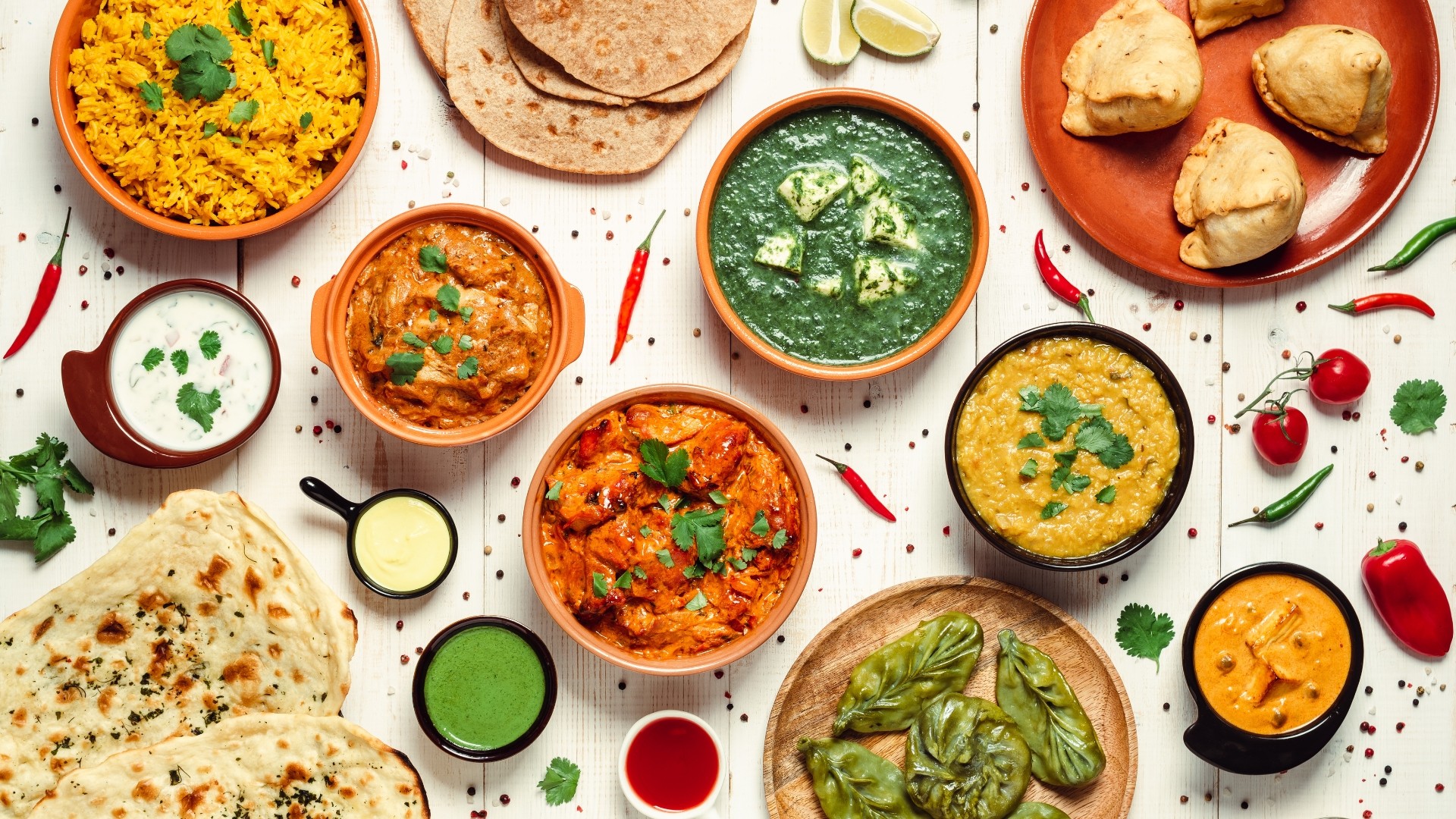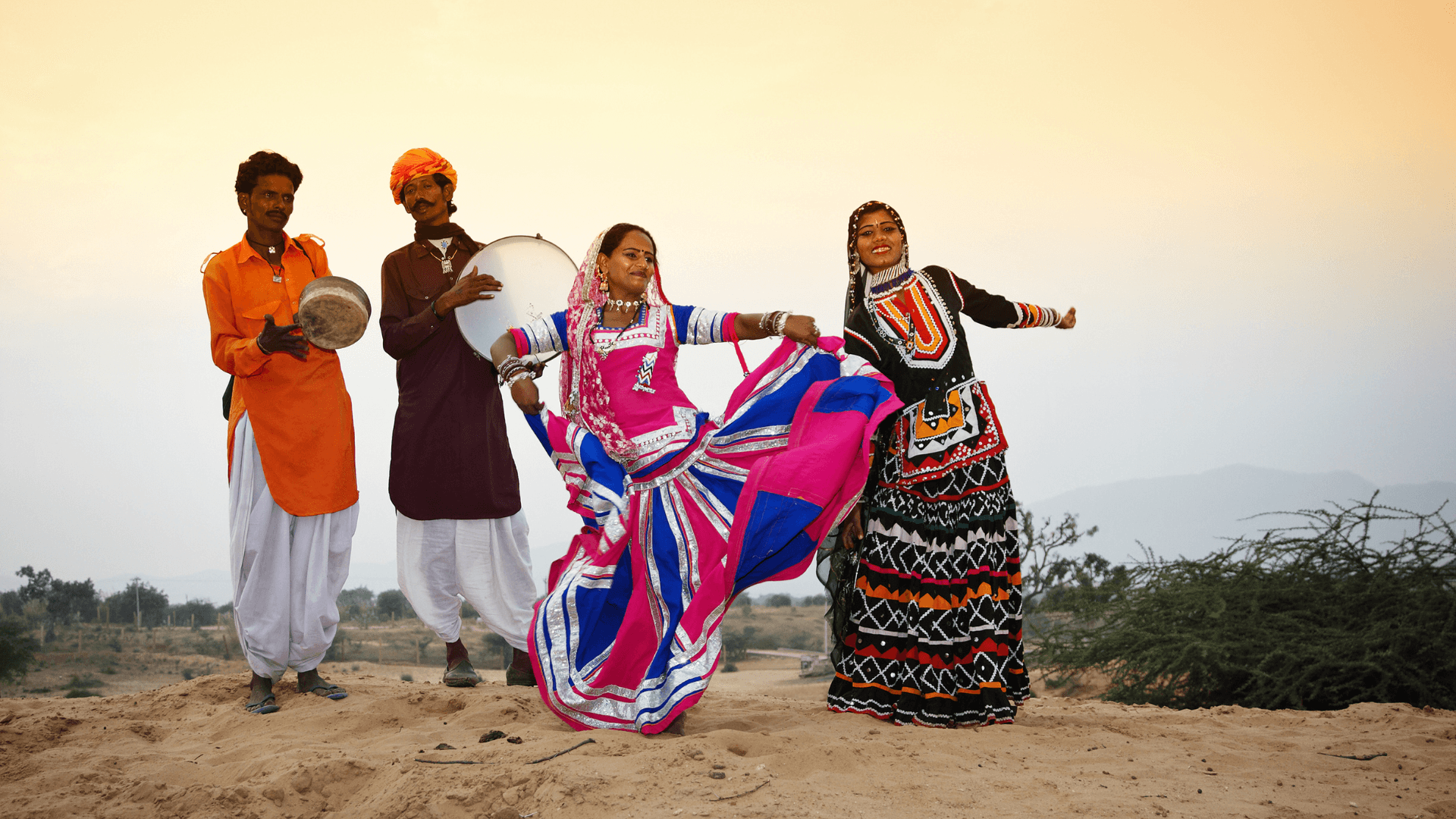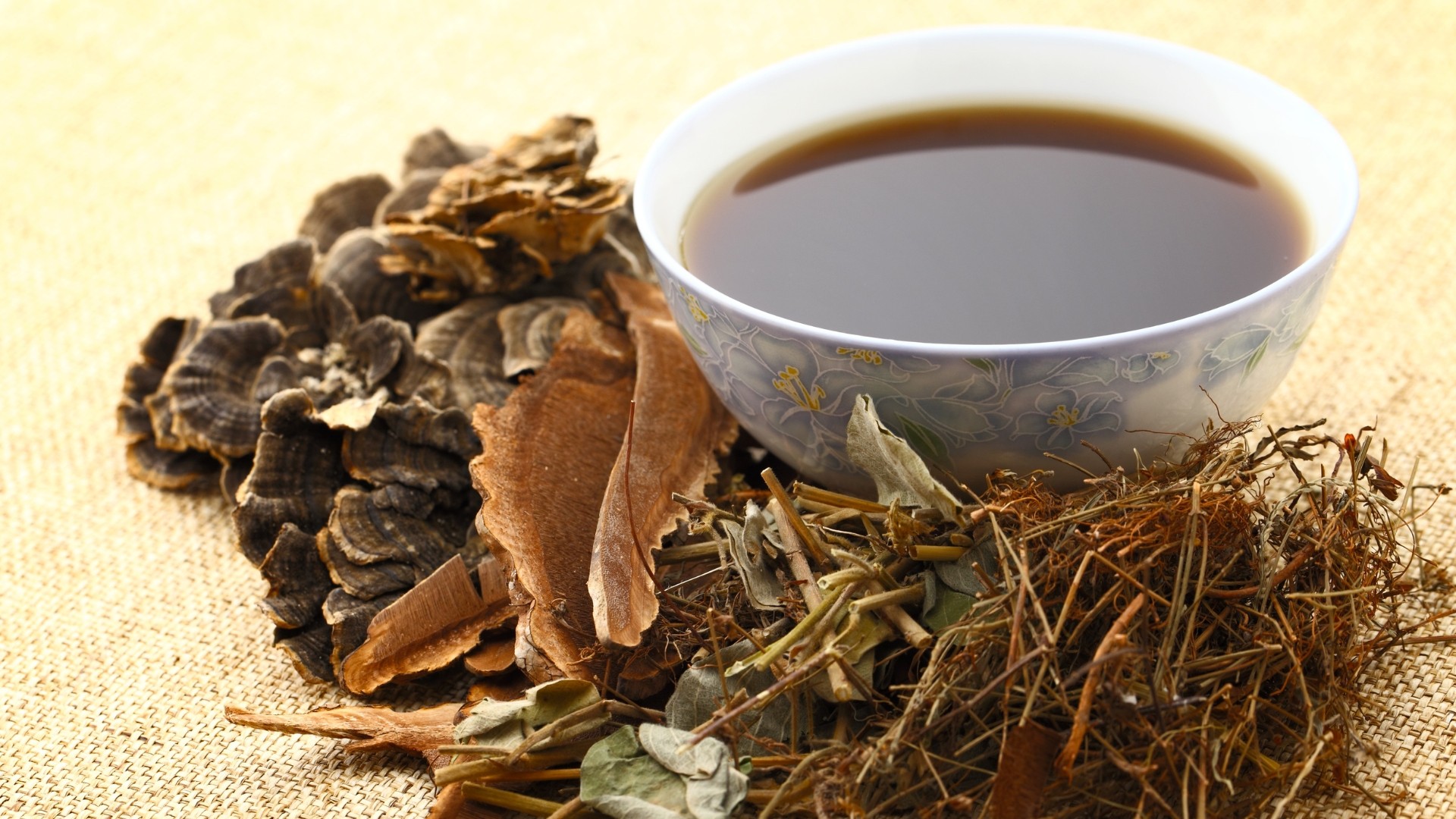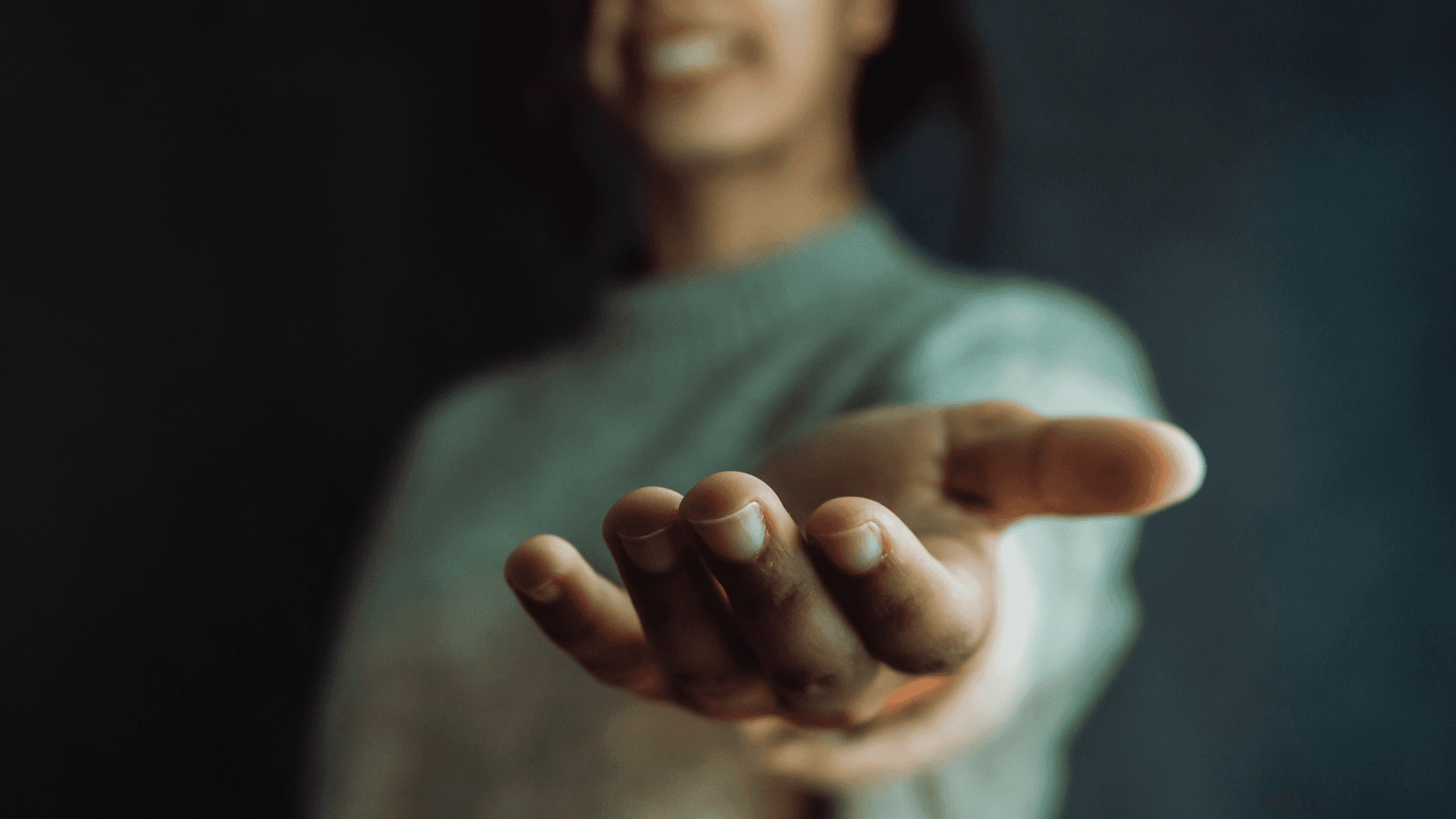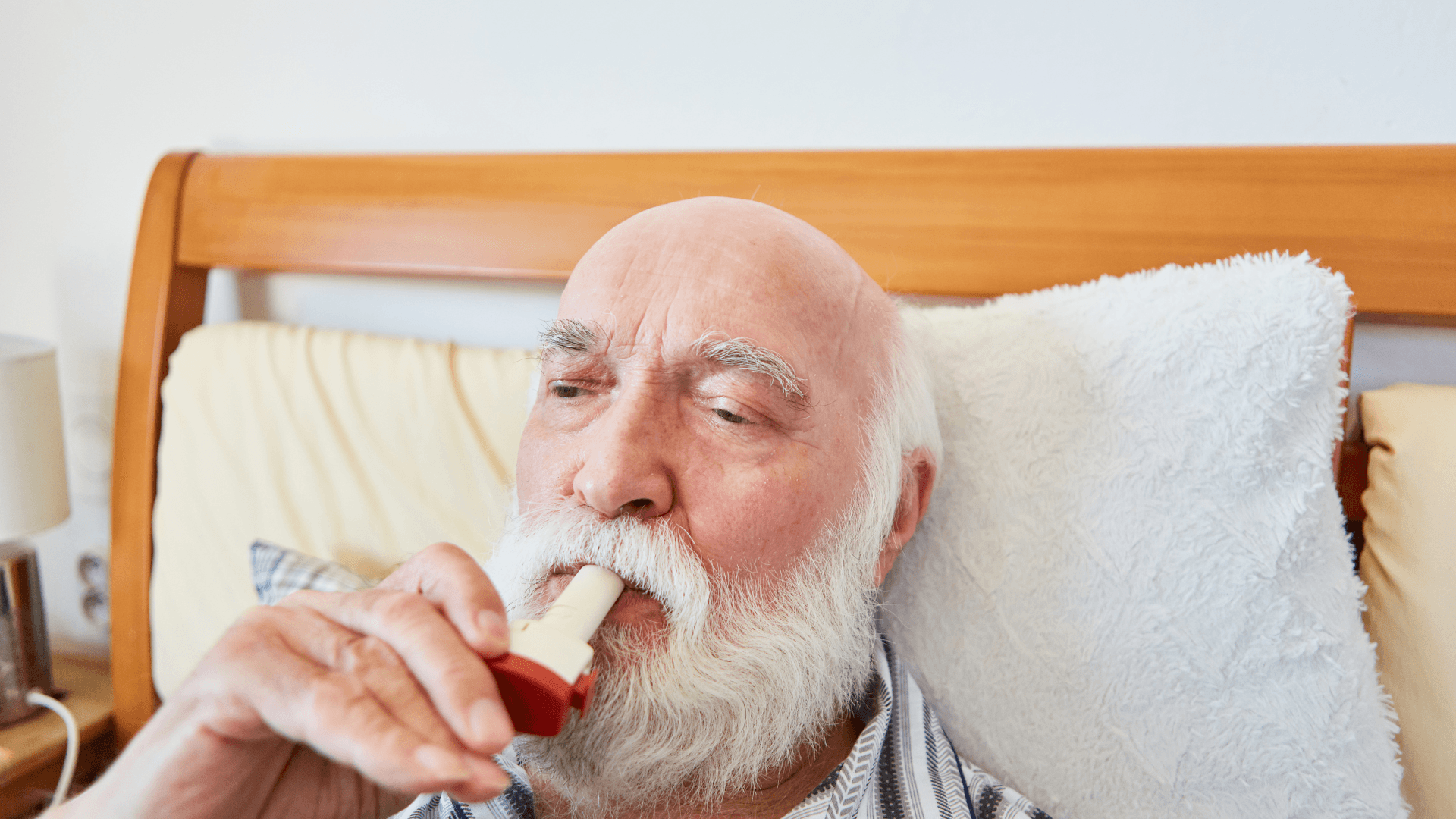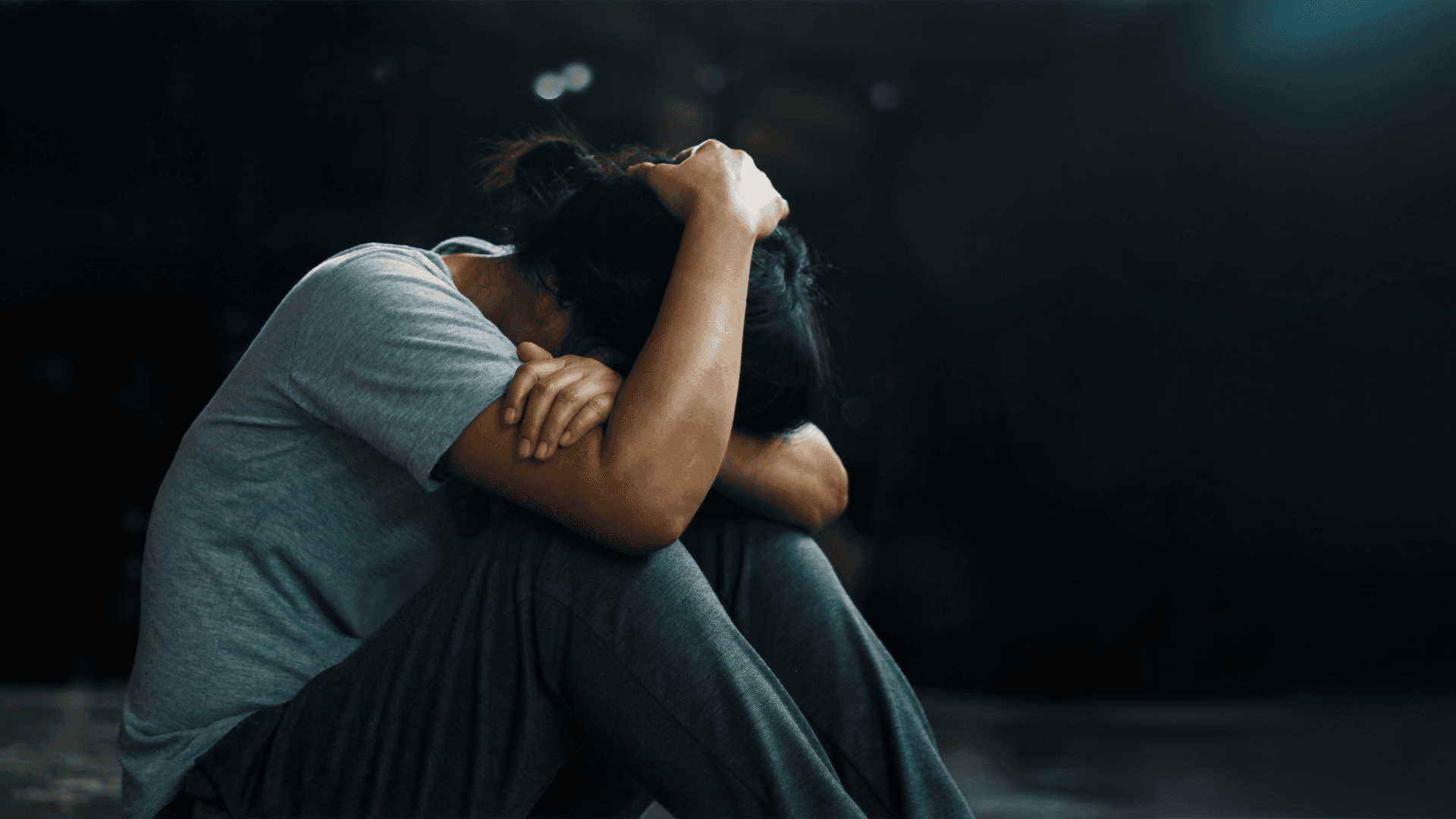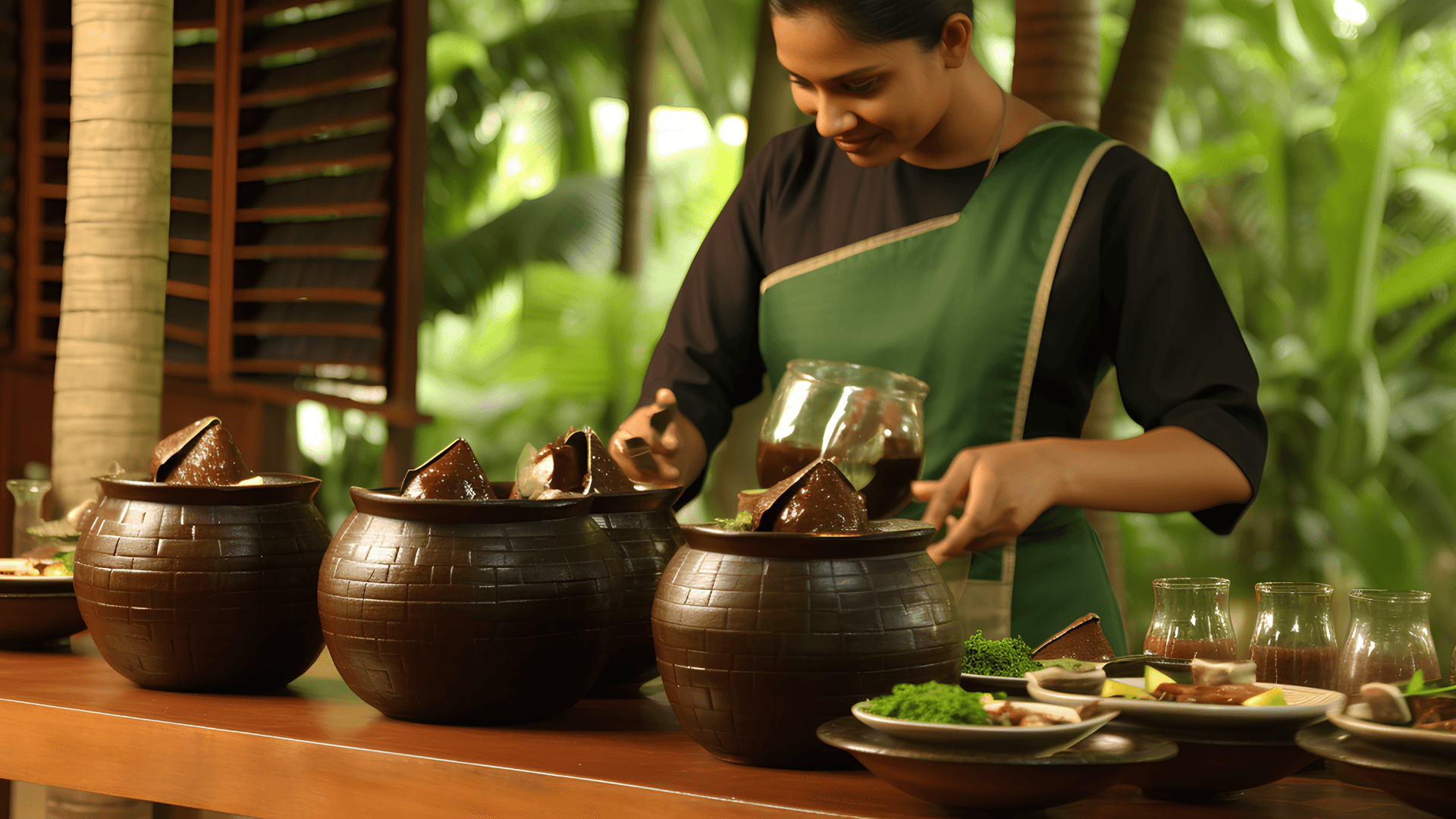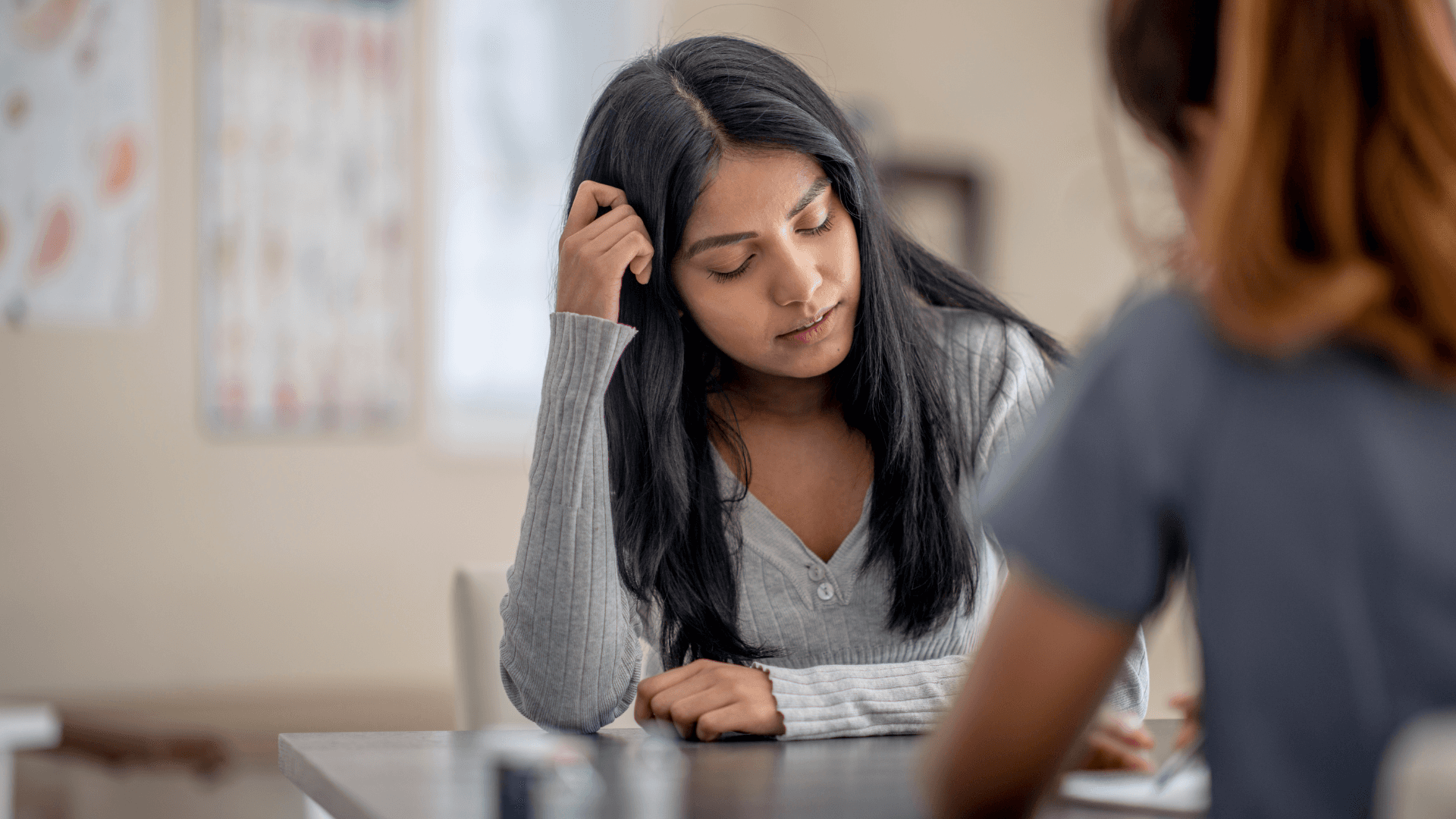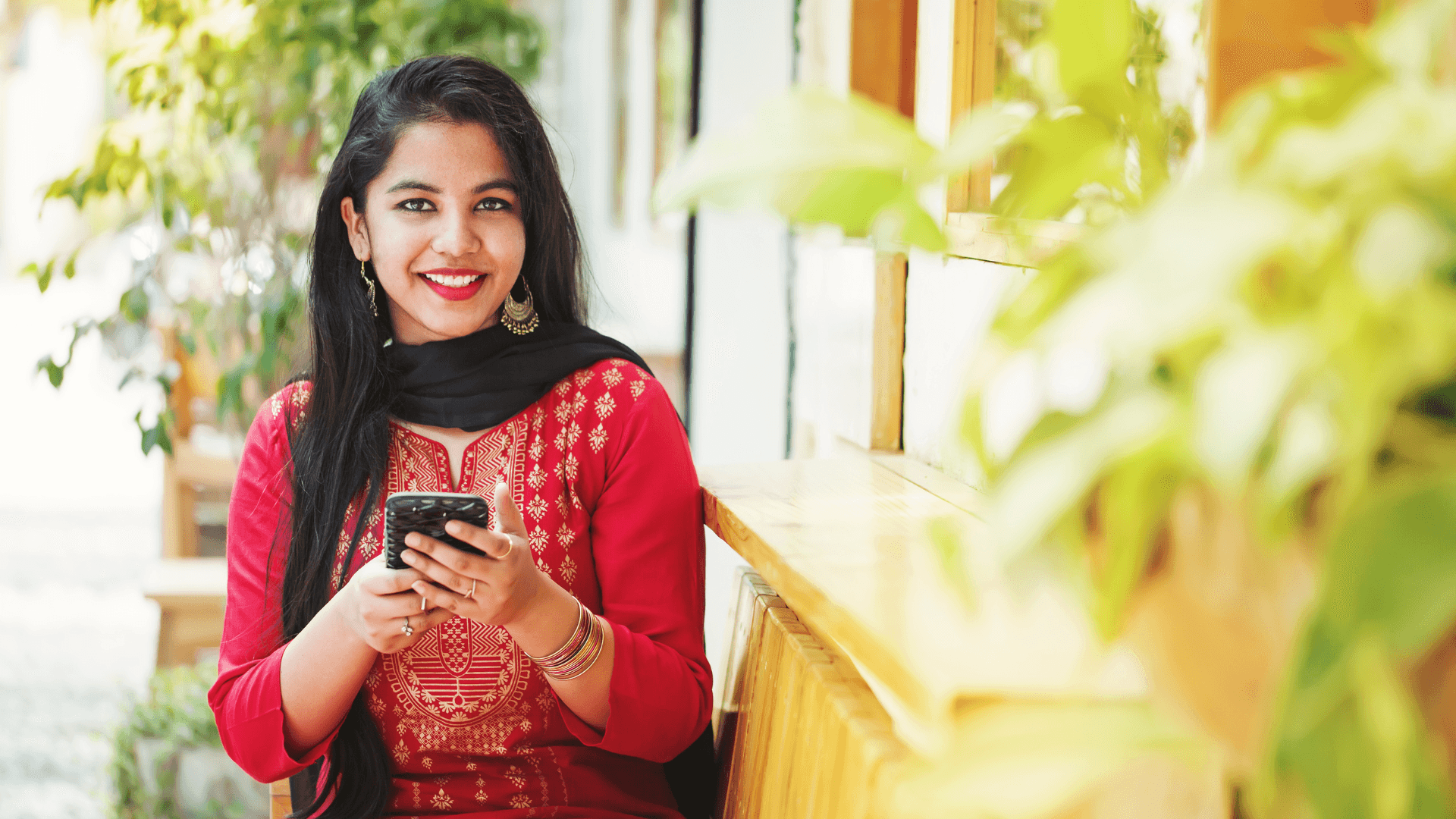Feb 23, 2024
From the snow-capped peaks of the Himalayas to the sun-drenched beaches of the Indian Ocean, music pulsates through the heart of South Asia. It's not just a form of entertainment; it's a cultural tapestry woven with history, spirituality, and an innate understanding of the human condition. This powerful art form, passed down through generations, holds a unique key to unlocking mental wellbeing in a region grappling with various challenges.
Cultural Immersion: The Essence of Music in South Asia
South Asian music, with its diverse genres ranging from classical ragas to folk tunes and Bollywood melodies, reflects the multifaceted tapestry of the region's cultural heritage.
Embedded in religious rituals, festivals, celebrations, and daily routines, music serves as a conduit for emotional expression, communal bonding, and spiritual transcendence in South Asian societies.
From the soulful alaaps of Hindustani classical music to the rhythmic beats of traditional percussion instruments like the tabla and mridangam, the sonic landscape of South Asia is as diverse as it is enchanting.
The Healing Power of South Asian Music: A Scientific Perspective
Stress Alleviation: Scientific studies have demonstrated the efficacy of listening to classical Indian ragas in reducing cortisol levels, thereby mitigating stress and promoting relaxation.
Mood Elevation: The emotive power of South Asian melodies, whether expressed through devotional bhajans or uplifting folk tunes, has been shown to elevate mood and evoke positive emotions.
Neurological Effects: Neuroimaging research indicates that listening to familiar South Asian melodies activates regions of the brain associated with pleasure, emotion regulation, and memory, underscoring its therapeutic potential.
Empirical Evidence and Statistical Insights:
Upbeat tunes like bhangra trigger dopamine release, the "feel-good" hormone, while calming ragas like those in Carnatic music lower cortisol, the stress hormone. A 2021 study published in the Journal of Music Therapy found that listening to Indian classical music for 30 minutes significantly reduced stress and anxiety in college students.
Engaging with music, be it listening, singing, or playing an instrument, can combat depression. A 2020 study in the International Journal of Social Psychiatry found that music therapy improved depressive symptoms in individuals with chronic pain. The act of singing together, as seen in traditional bhajan gatherings, fosters a sense of community and belonging, further boosting mood.
Music isn't just for entertainment; it's a brain gym! Research suggests it stimulates brain activity, aiding memory, focus, and learning. A 2019 study in Frontiers in Aging Neuroscience found that Carnatic music improved cognitive performance in older adults with mild cognitive impairment.
A survey conducted across urban centers in South Asia revealed that 85% of respondents reported feeling calmer and more relaxed after engaging with traditional music regularly, highlighting its widespread acceptance and impact.
In clinical settings, classical music therapy has shown promising results in alleviating symptoms of depression, anxiety, insomnia, and chronic pain among patients, offering a holistic approach to mental health care.
Real-World Applications and Case Studies:
Music-based interventions, such as classical music therapy sessions and devotional singing circles, have been integrated into hospitals, wellness centers, and community programs across South Asia, providing accessible avenues for mental health support.
Personal testimonies from individuals across diverse demographics underscore the transformative power of traditional South Asian music in navigating personal struggles, finding solace, and fostering a sense of cultural belonging and identity.
Cultivating Mental Well-Being: Active Engagement and Community Connection
Beyond passive listening, active engagement with music through participatory activities like singing, playing instruments, and dancing fosters a sense of connection, creativity, and social cohesion among participants.
Music therapy workshops led by trained practitioners offer a safe and inclusive space for individuals to explore and express their emotions, build resilience, and cultivate mental well-being in South Asian communities.
While music's power is undeniable, access to resources and awareness can be limited in certain communities. Initiatives like:
Beyond Therapy:
While music therapy offers structured interventions, its impact extends far beyond clinical settings:
Cultural Preservation: Music serves as a powerful tool for preserving cultural identity and heritage. The rhythmic beats of dhol in Punjabi folk music or the soulful qawwali resonate with deep emotions, connecting individuals to their roots and fostering a sense of belonging.
Social Change: Music can be a powerful voice for social justice and mental health awareness. From the rebellious lyrics of rap against societal issues to the community-building initiatives of music education programs, music becomes a catalyst for positive change.
Personal Expression: Struggling with emotions? Pick up an instrument or join a community choir. Music provides a safe space to express and process difficult feelings, fostering emotional regulation and self-awareness.
Examples in Action:
Let's delve into the diverse ways music uplifts mental wellbeing in South Asia:
Sufi music: The devotional chants and whirling dervishes of qawwali sessions create a sense of spiritual connection and collective joy, fostering inner peace and reducing anxiety.
Rhythm healing: Traditional drumming workshops tap into the power of rhythm to release tension, boost energy, and enhance emotional expression. Studies have shown drumming to be effective in managing stress and trauma, particularly for individuals with disabilities.
Music education: Learning an instrument, like the sitar or tabla, instills discipline, fosters creativity, and builds self-esteem. The National Centre for the Performing Arts (NCPA) in Mumbai runs an extensive music education program for children, fostering lifelong skills and boosting mental well-being.
Bridging the Gap:
Mobile music therapy programs: Bringing music therapy services to underserved communities, like the "Music for Change" program in India that reaches marginalized populations.
Inclusive music education programs: Creating accessible music learning opportunities for individuals with disabilities, like the ADAPT Music Foundation in Pakistan that provides music therapy for children with special needs.
Community music outreach projects: Utilizing music to promote mental health awareness and positive social change, like the "Music Basti" project in India that uses music education to empower slum communities.
In a world besieged by stressors and uncertainties, the timeless melodies of traditional South Asian music emerge as a beacon of hope, harmony, and healing. By embracing and harnessing the therapeutic potential of music, individuals and communities in South Asia can embark on a journey of self-discovery, resilience, and collective well-being, guided by the transformative power of rhythm, melody, and cultural resonance.
